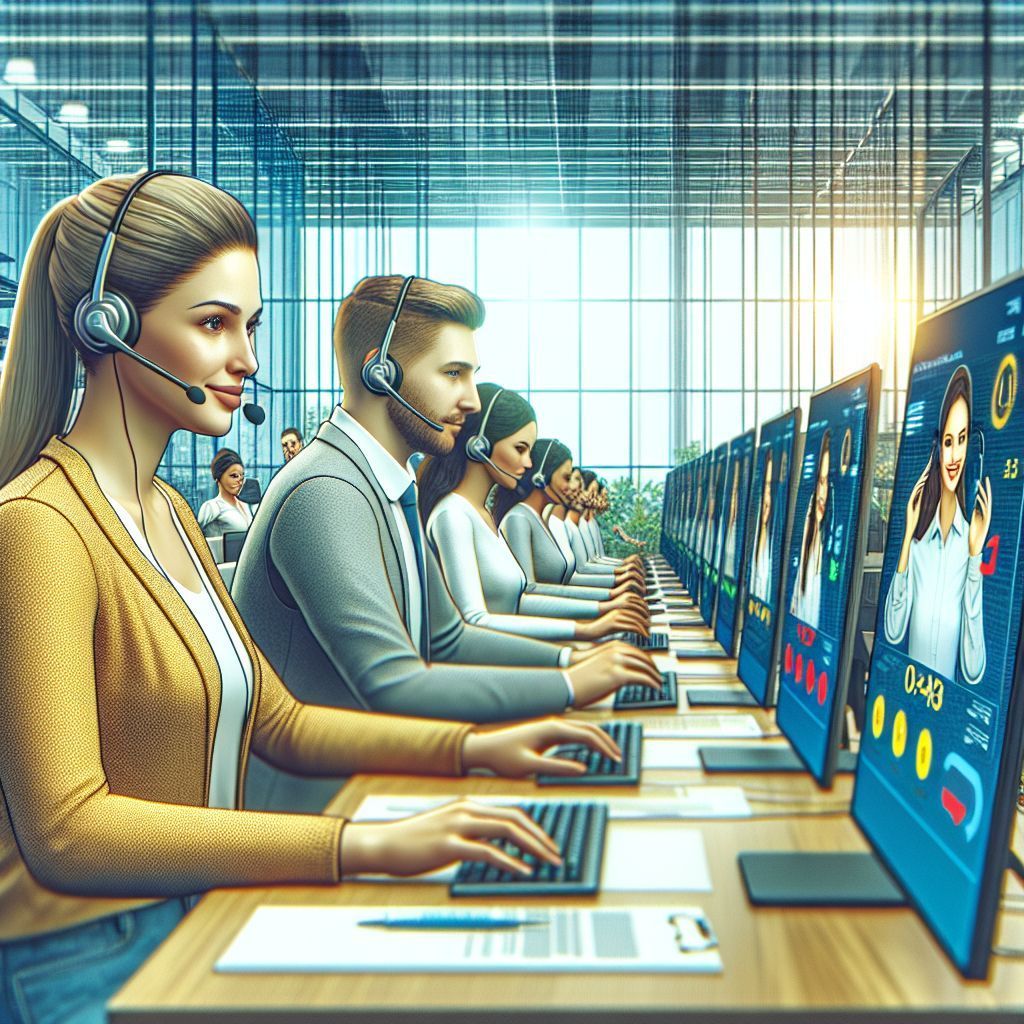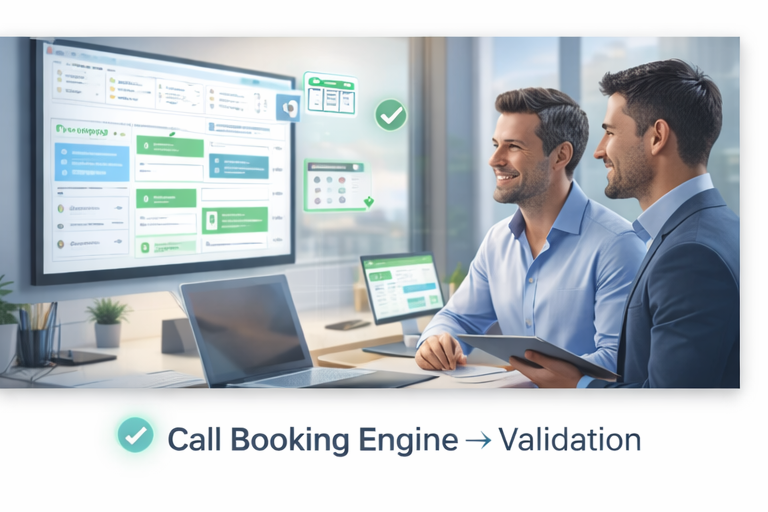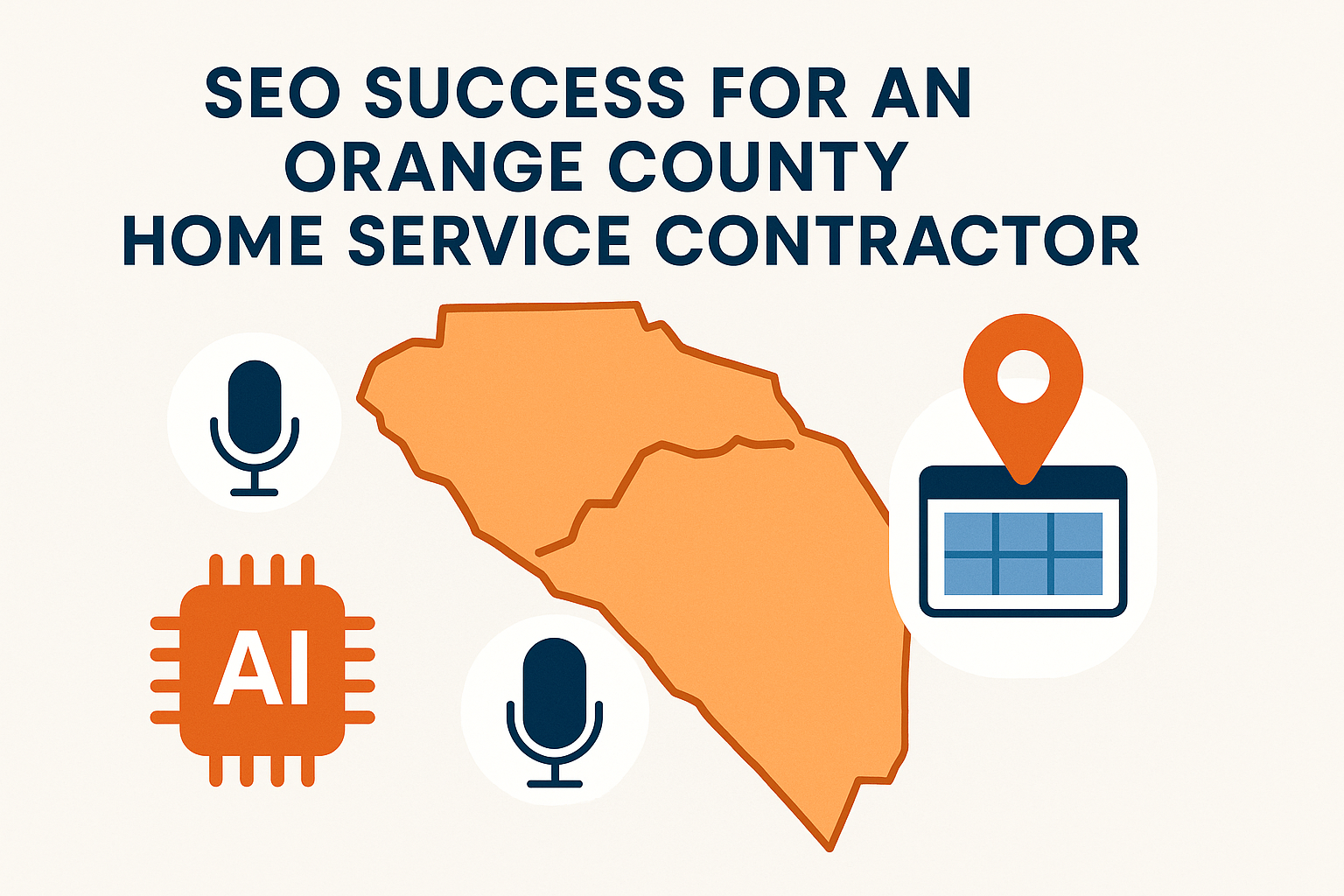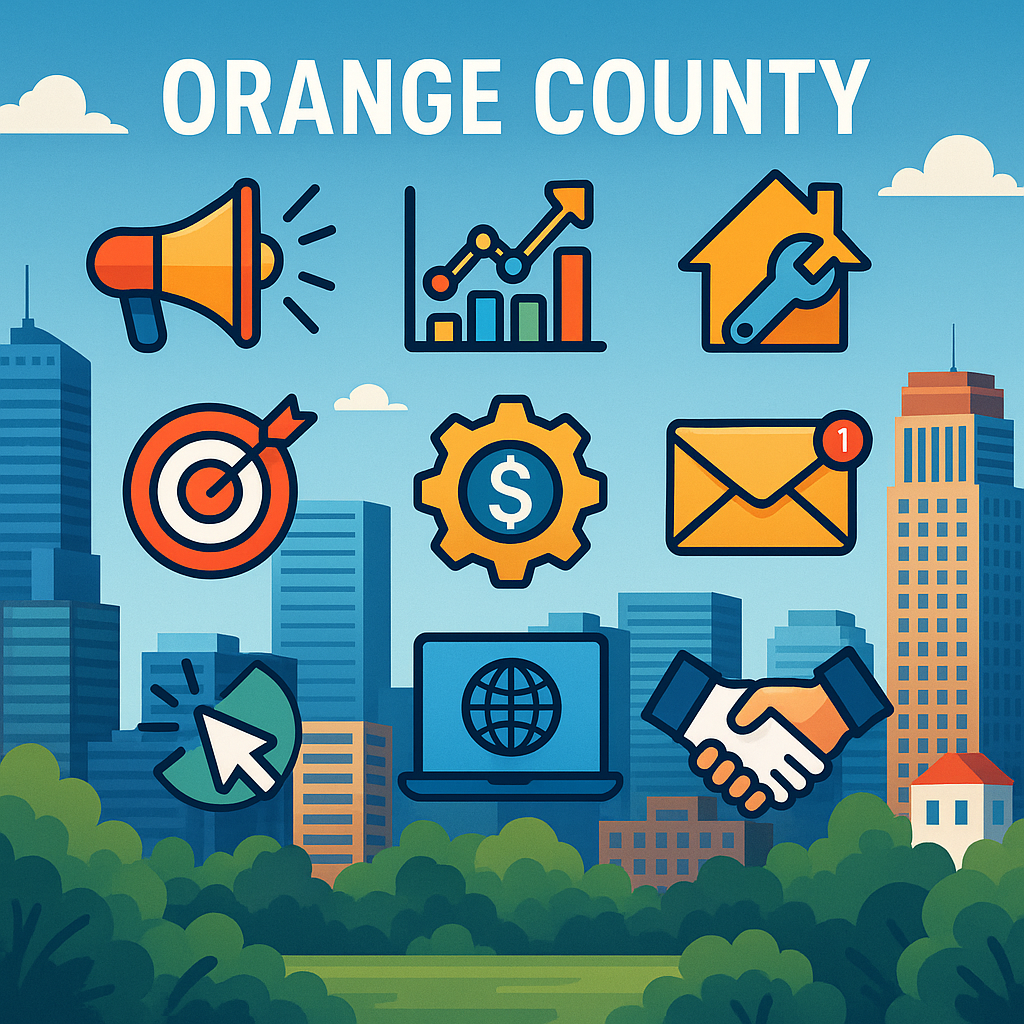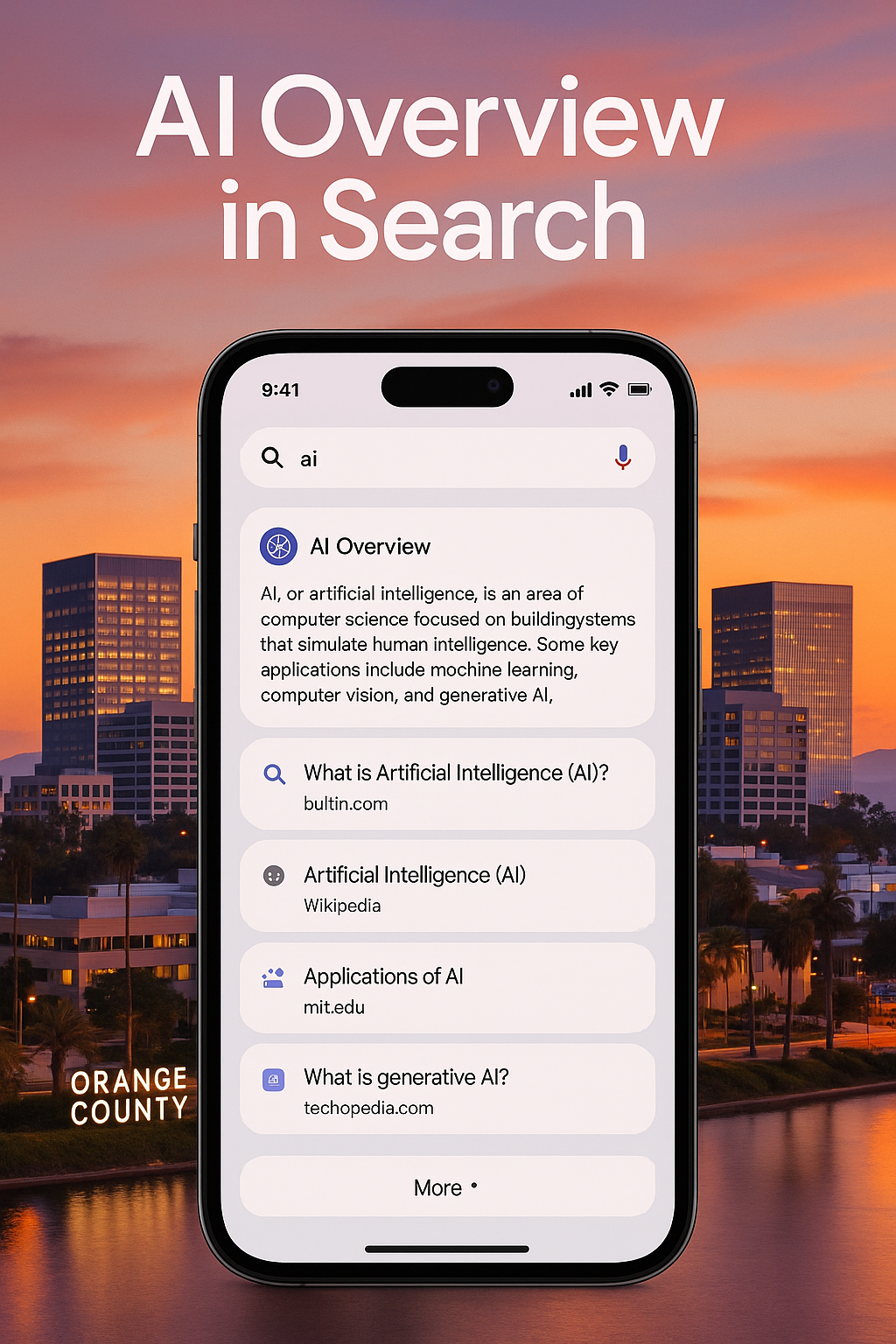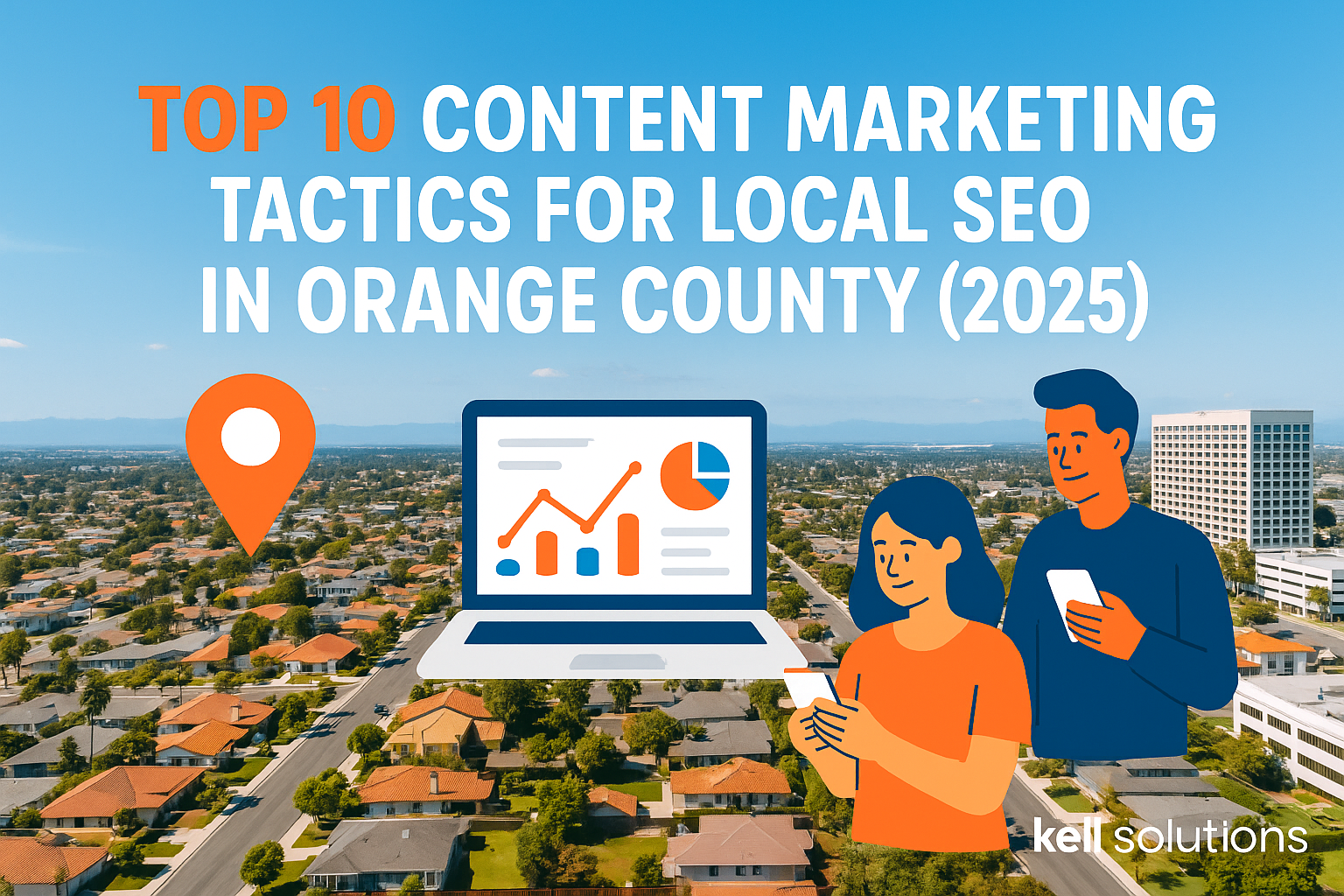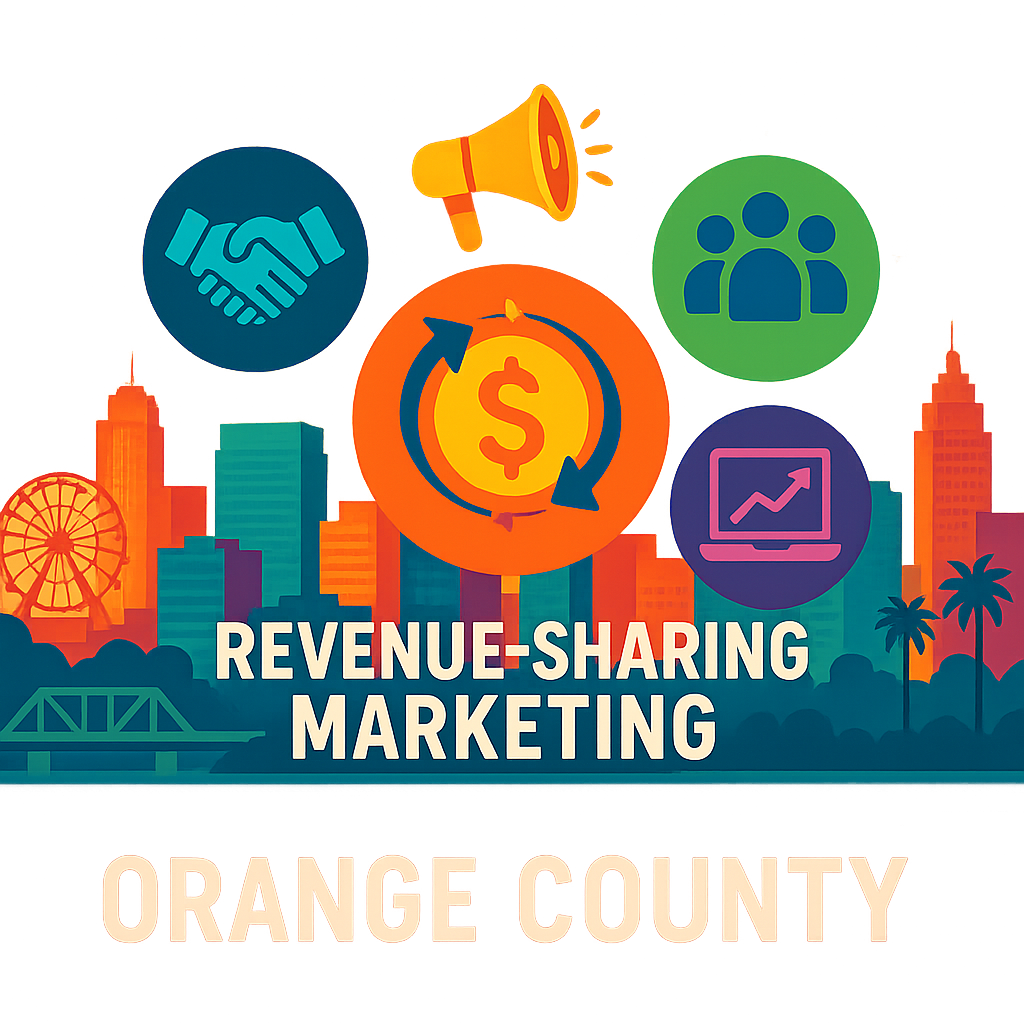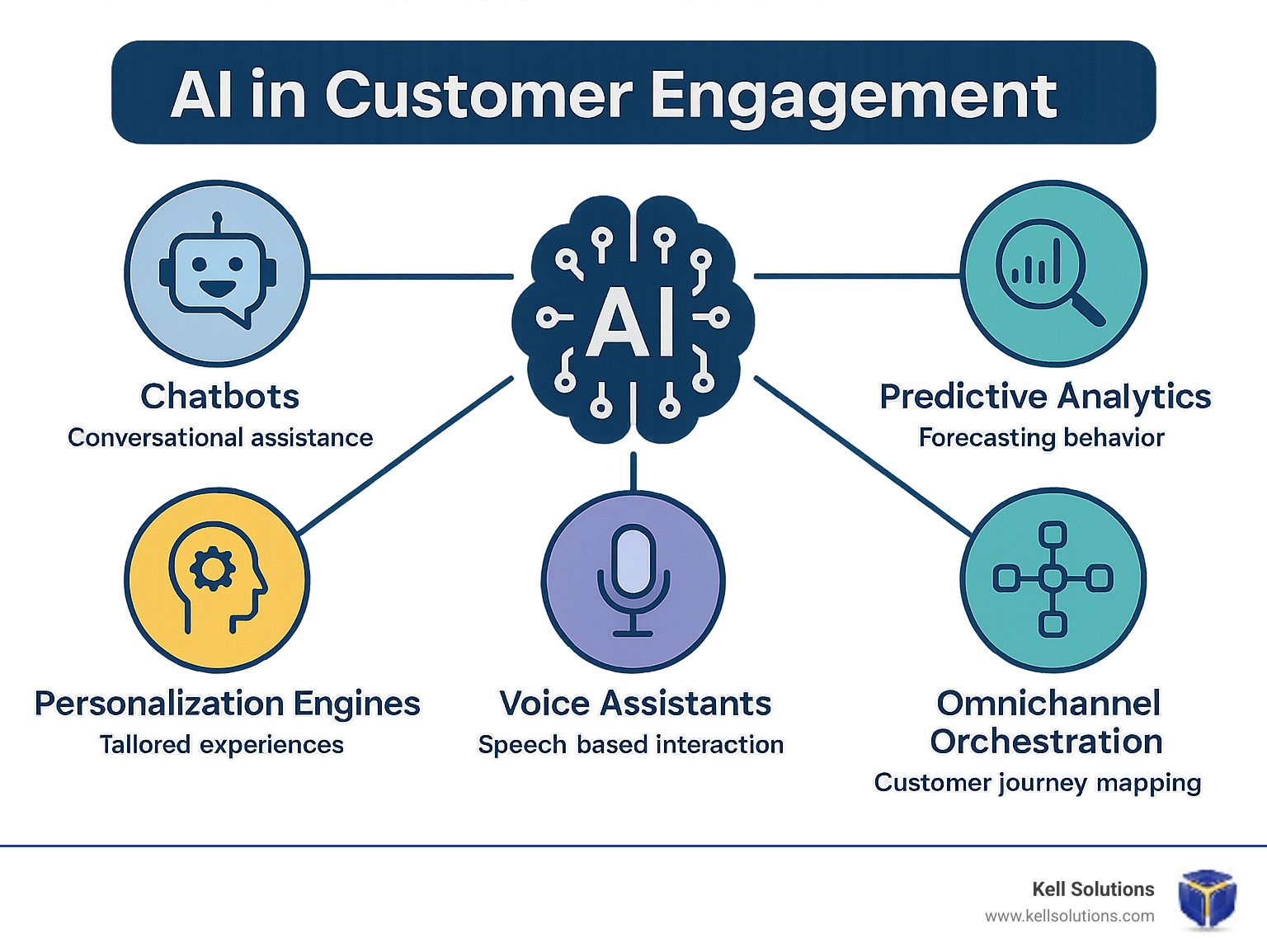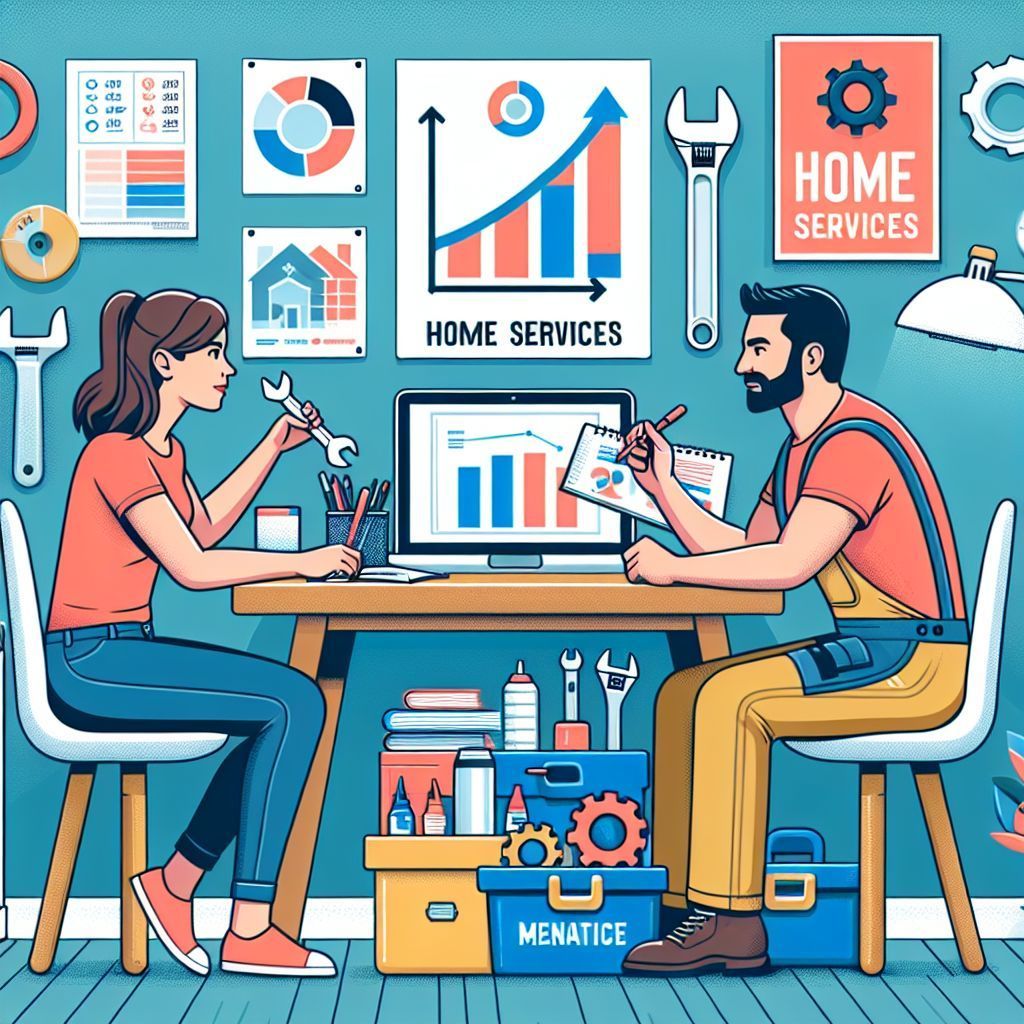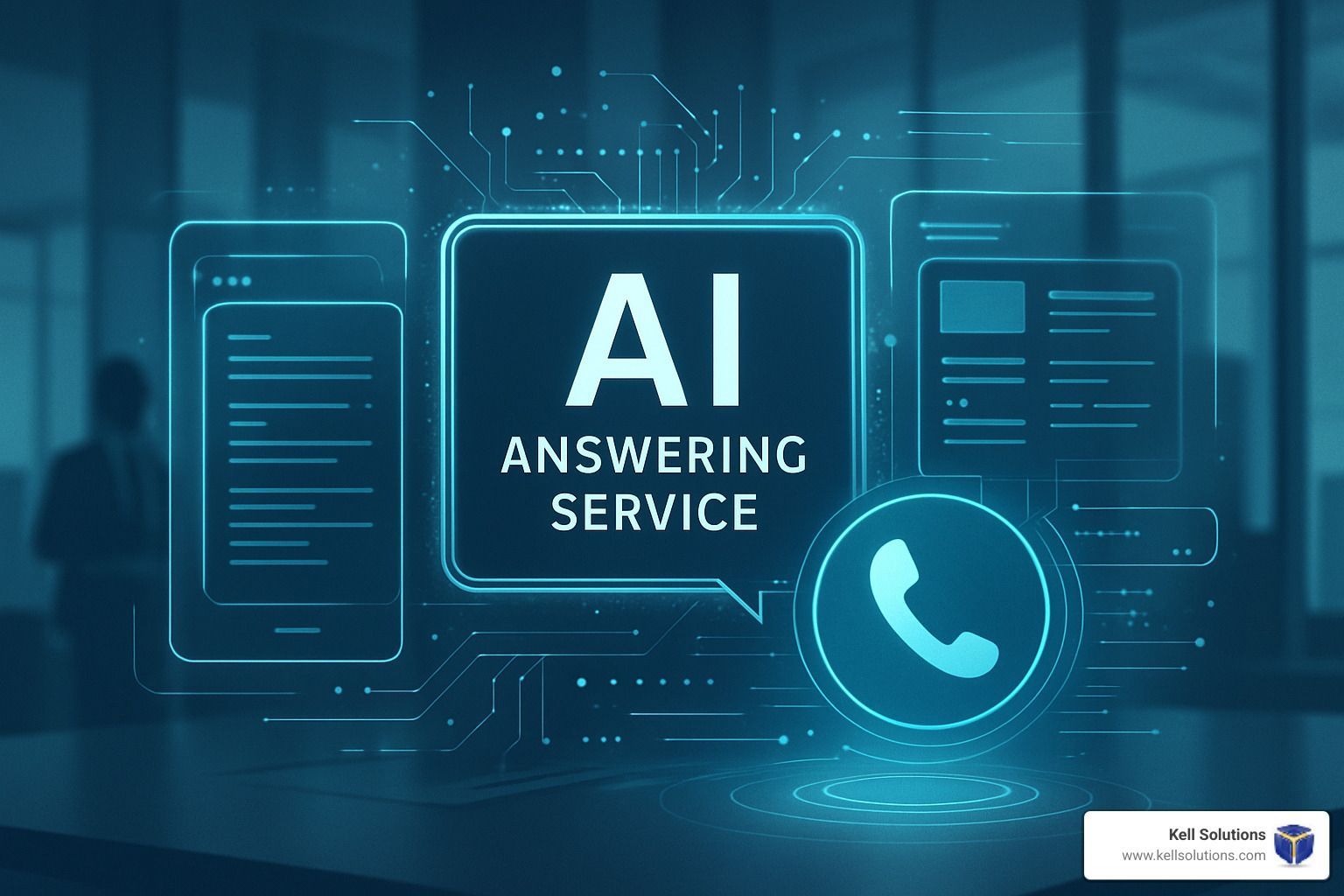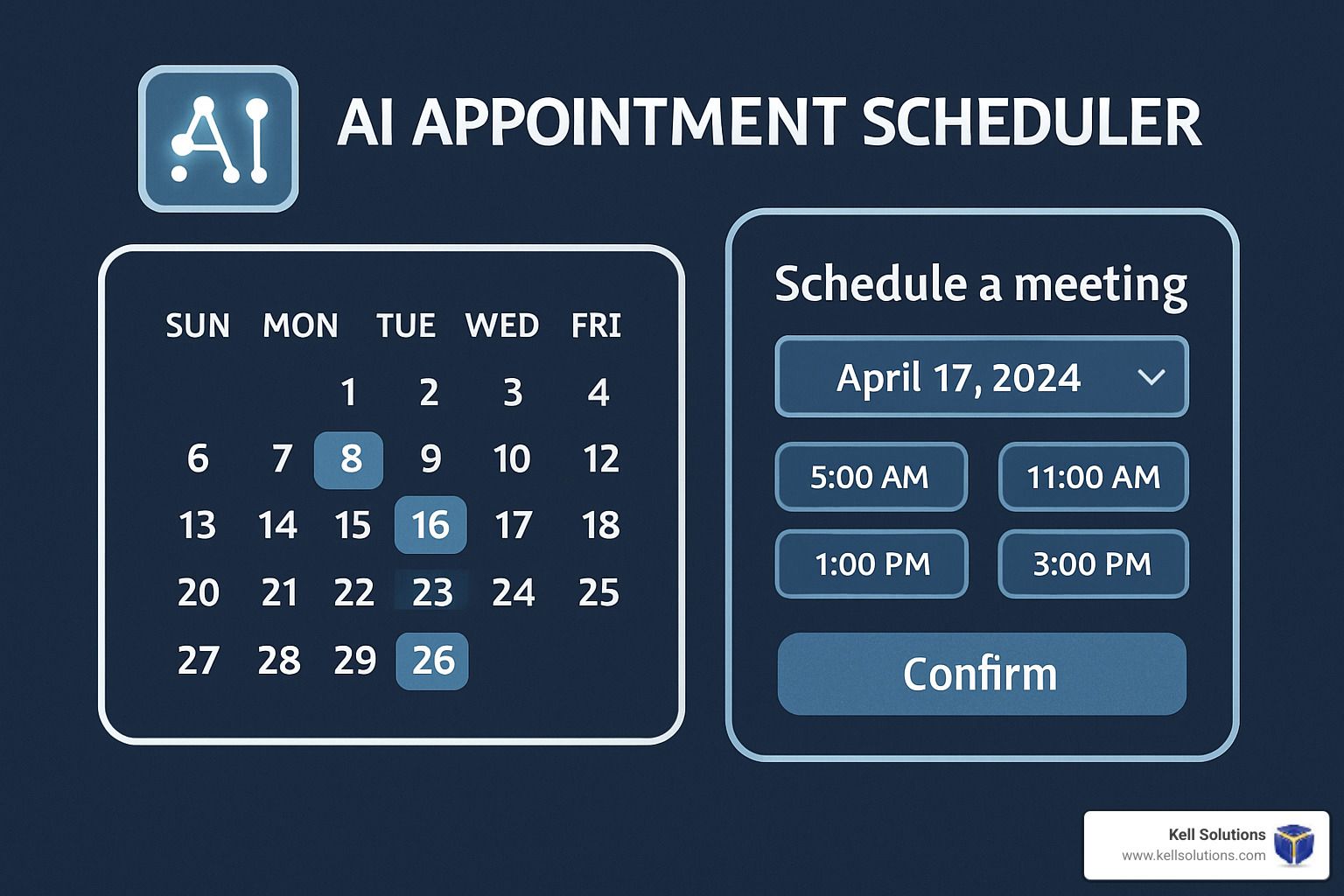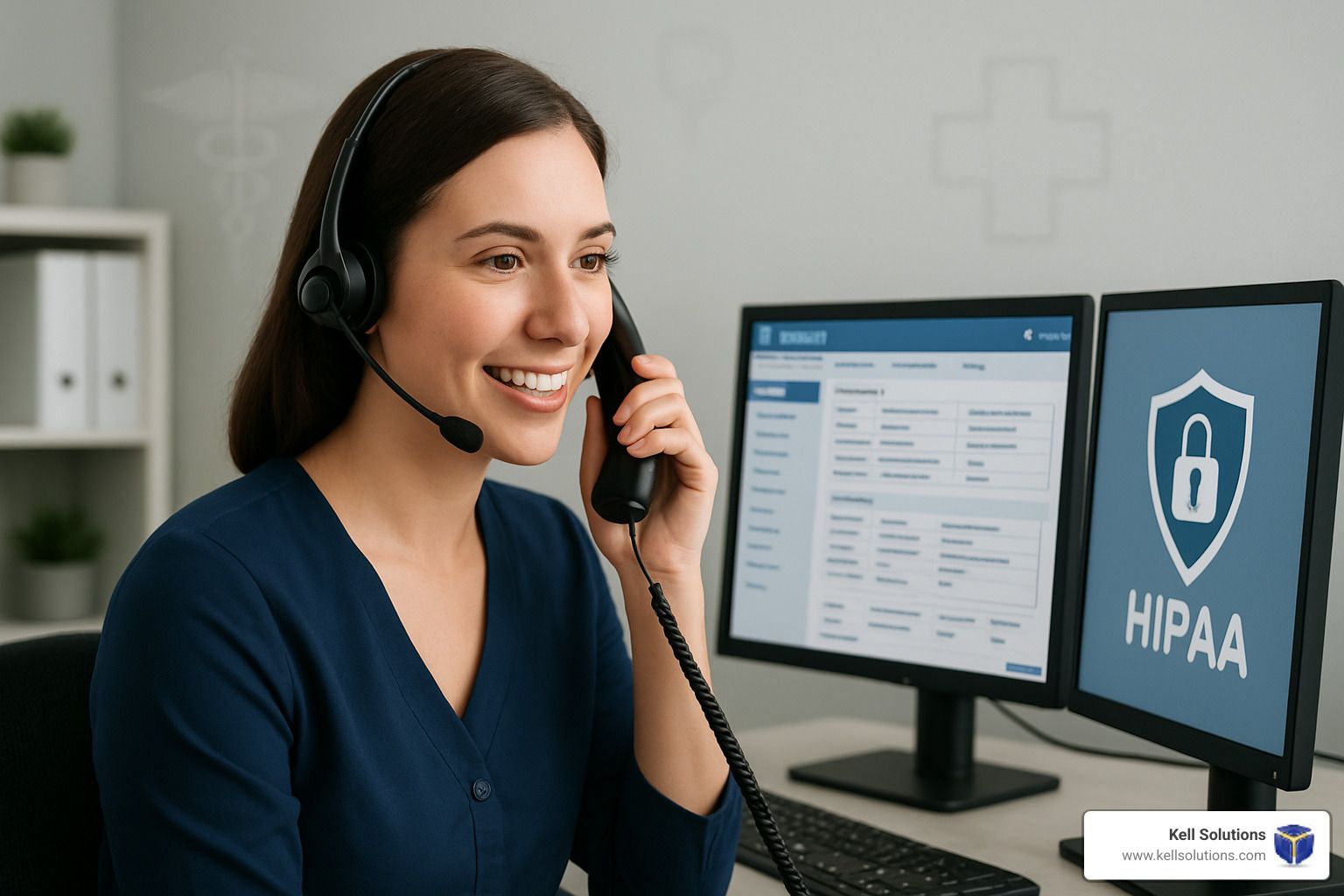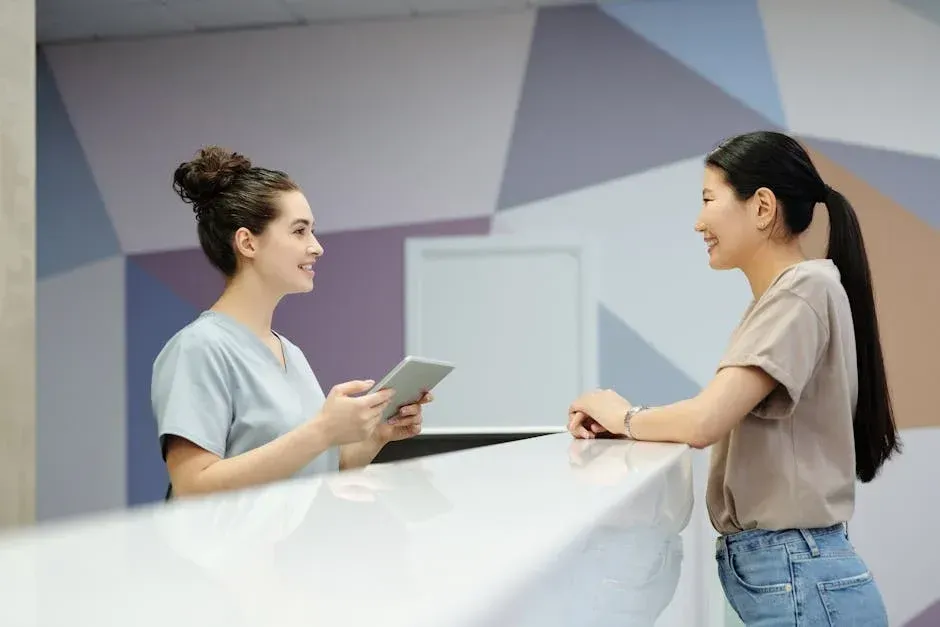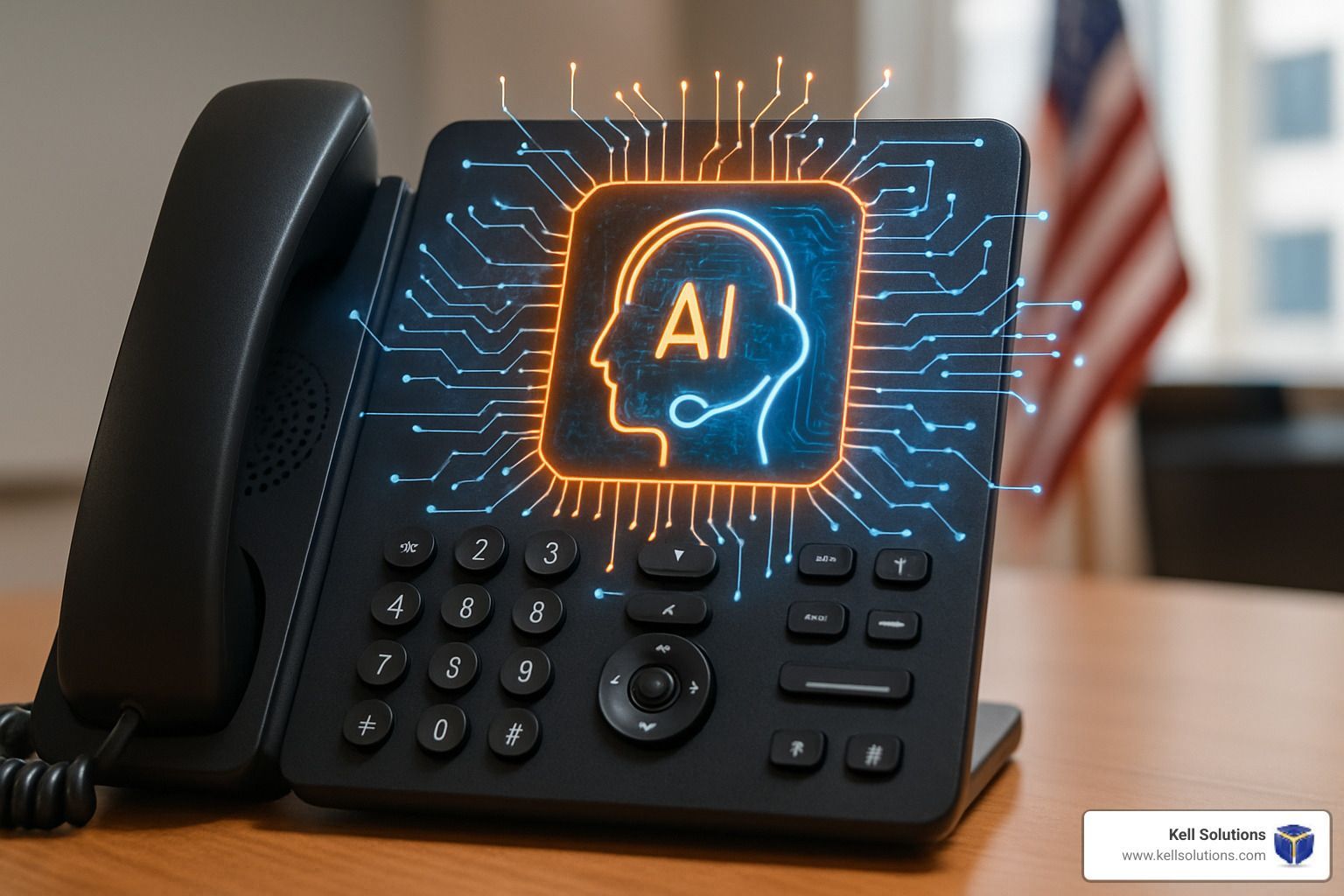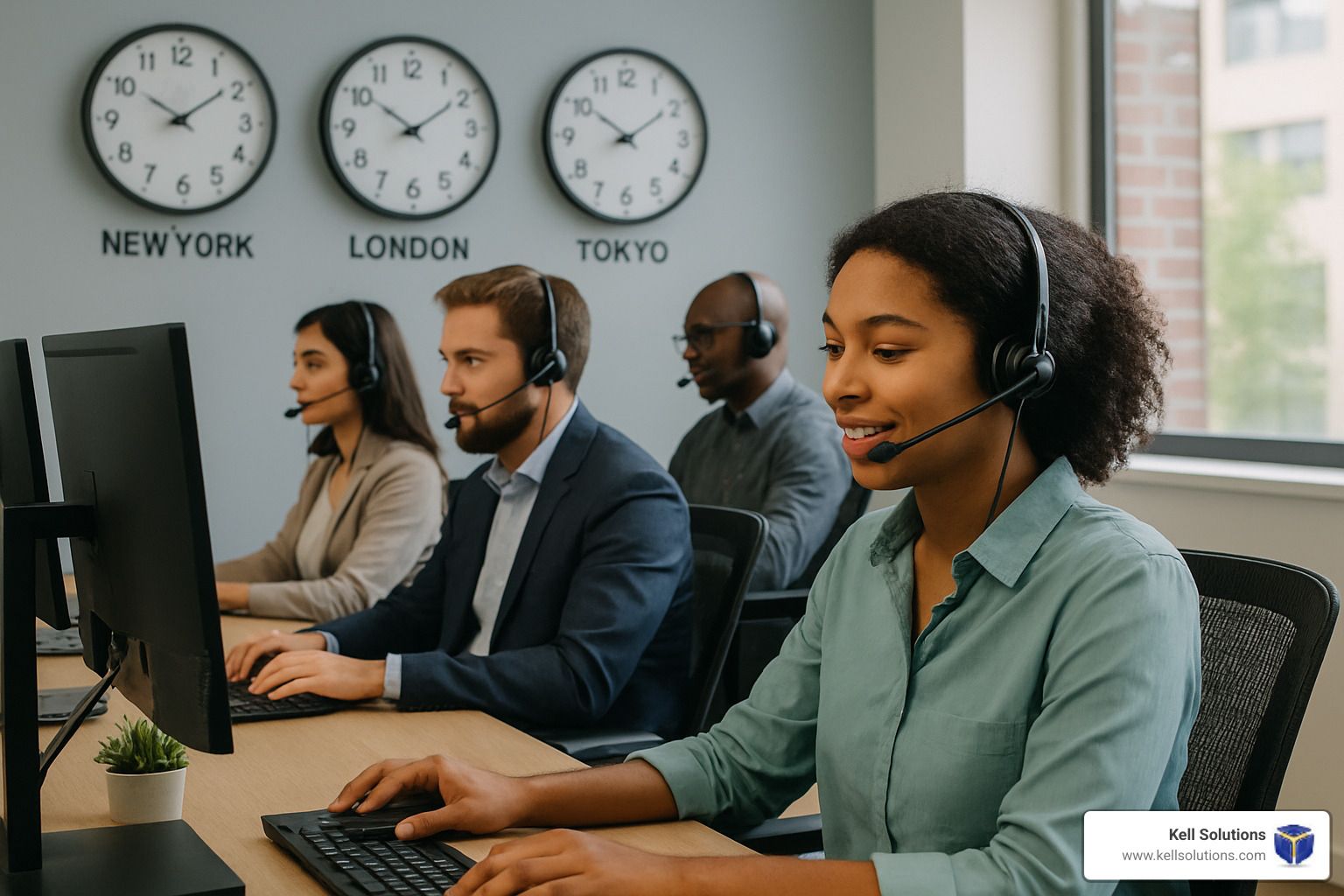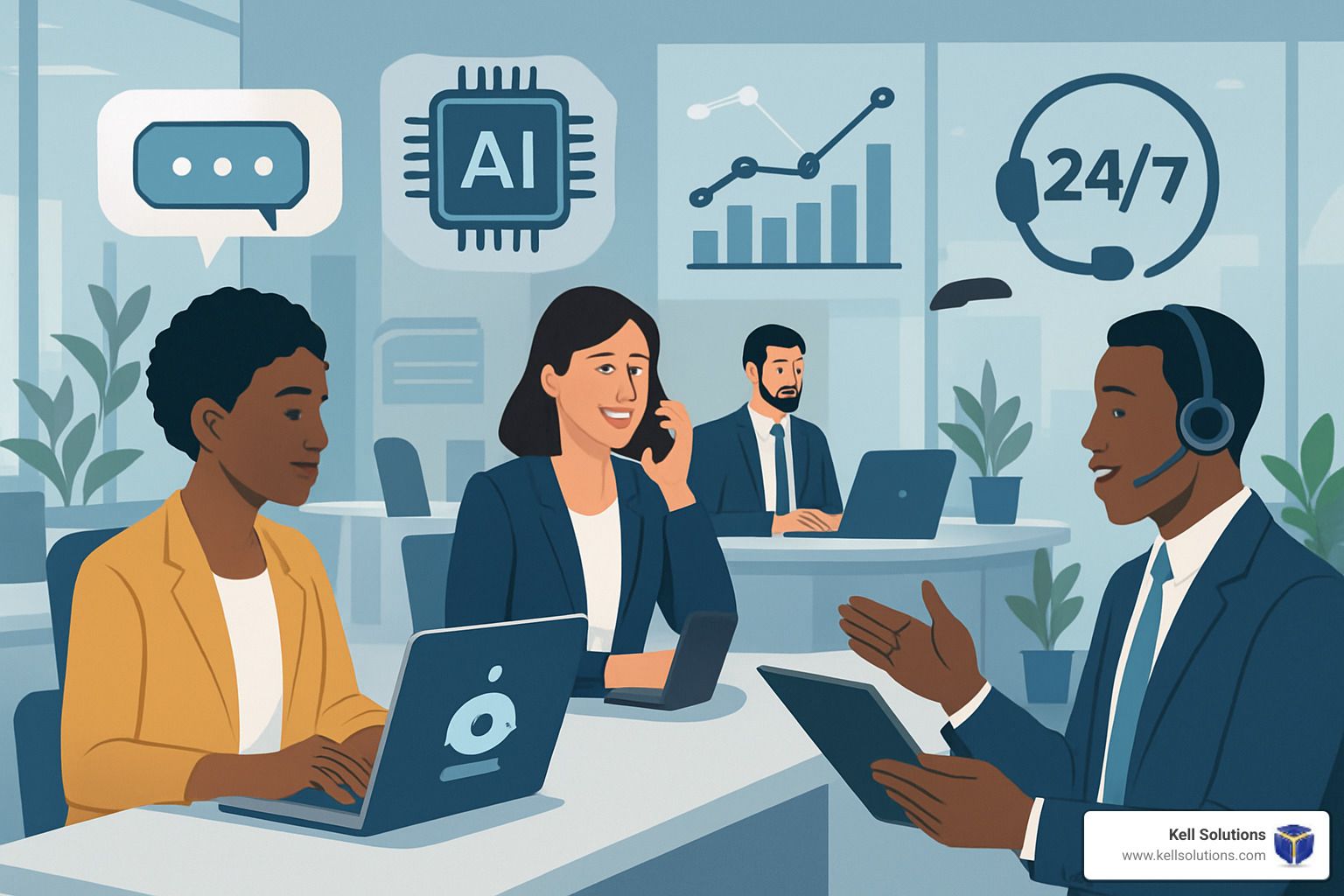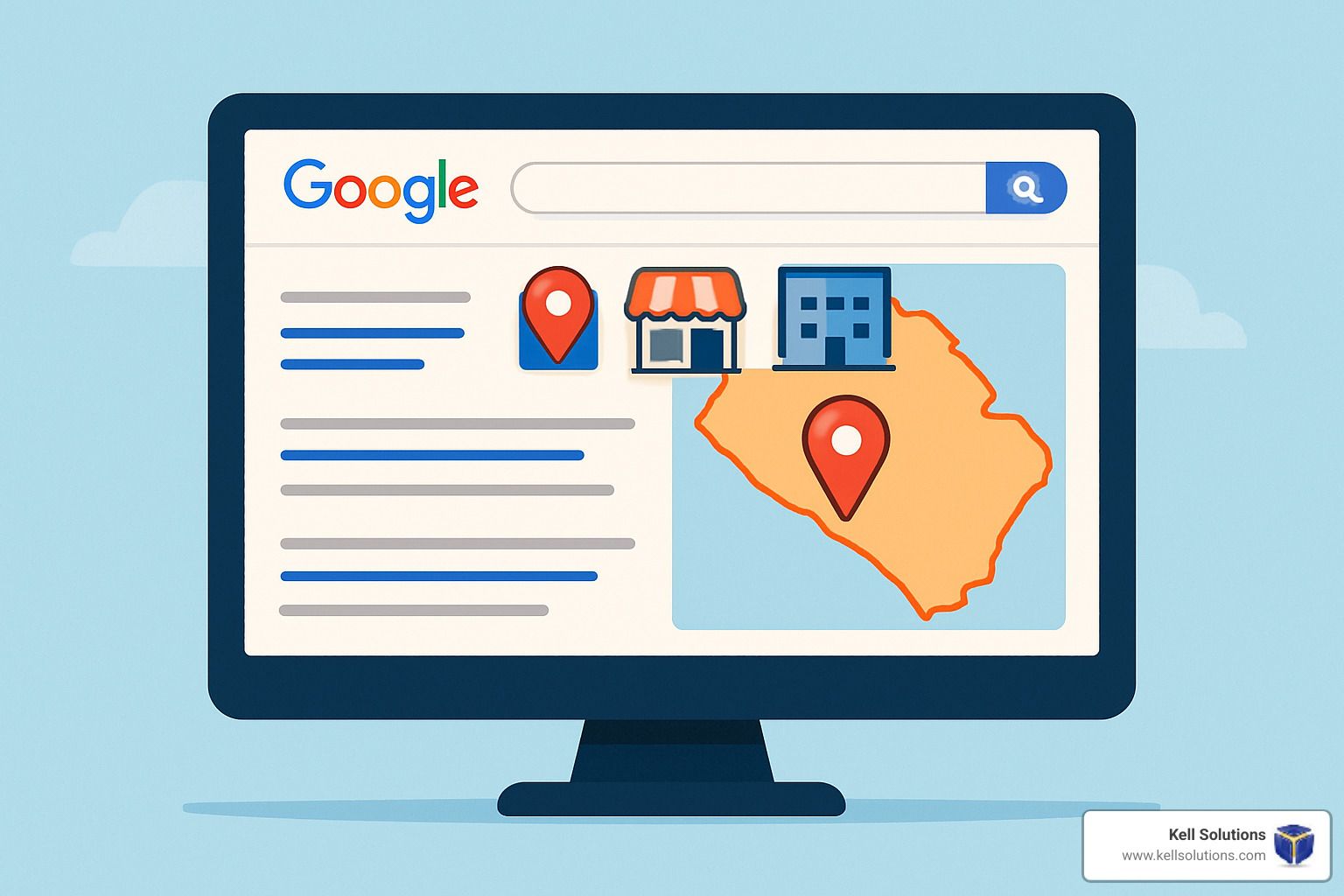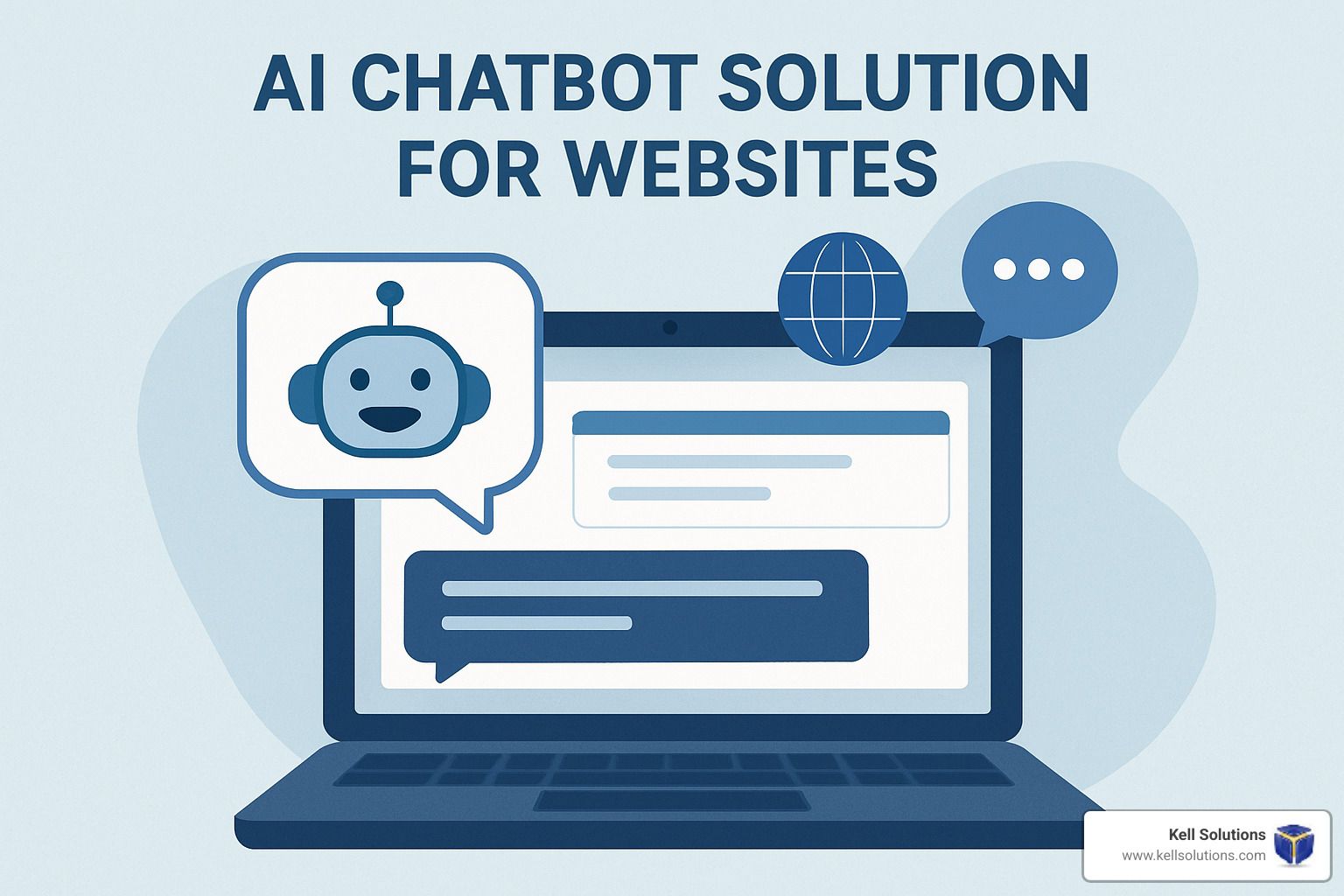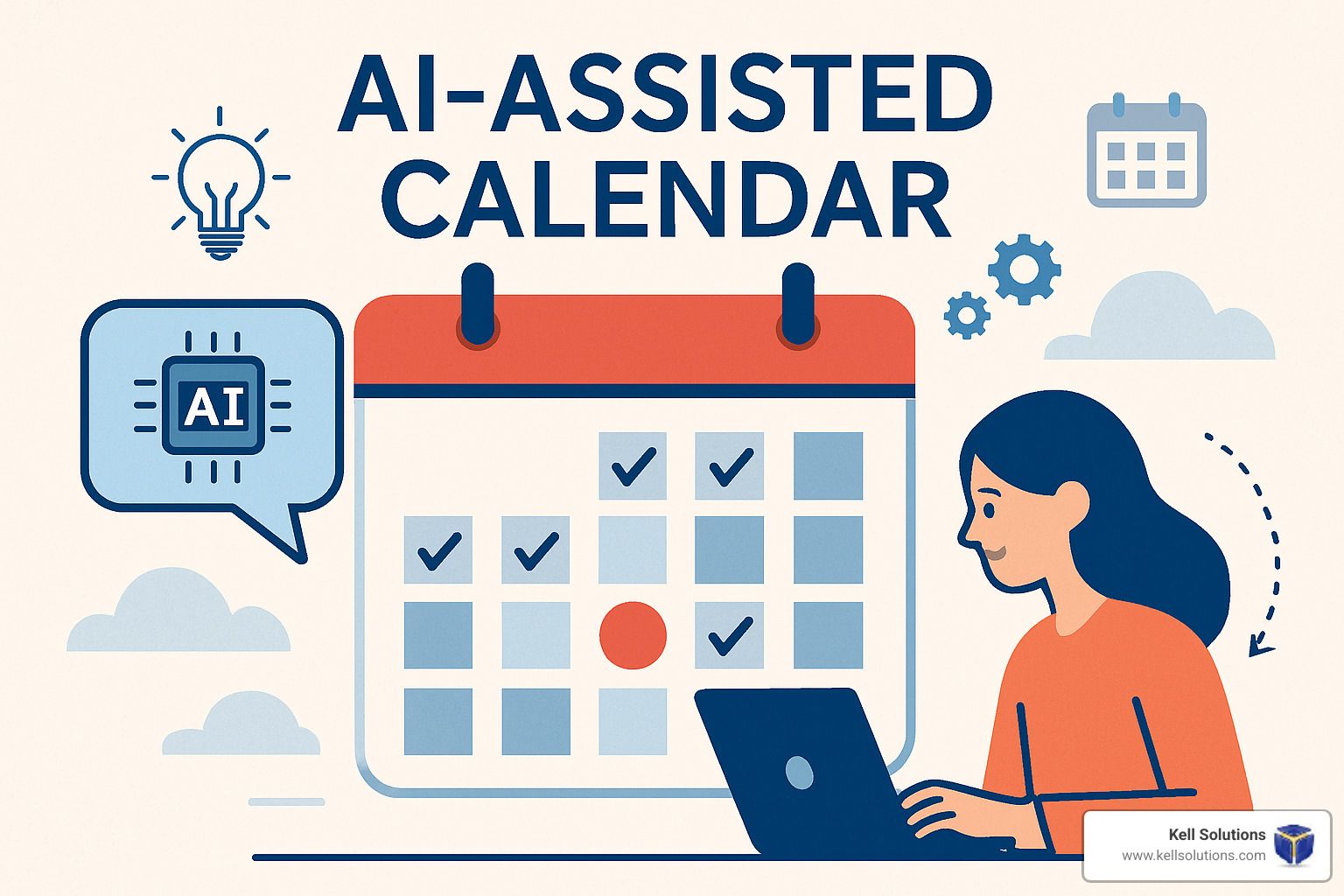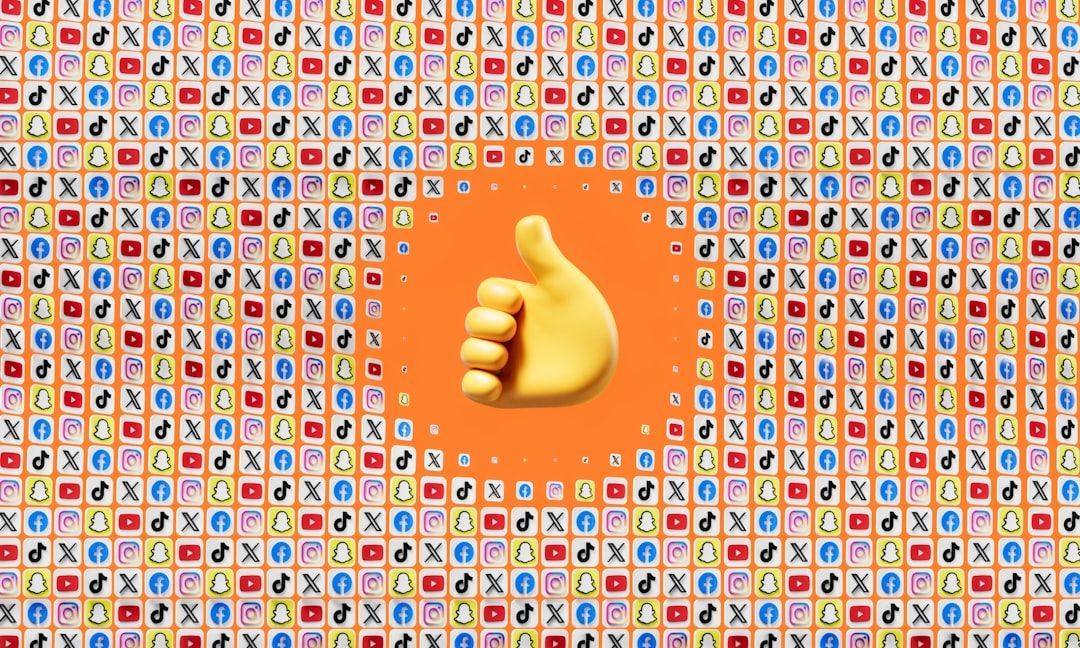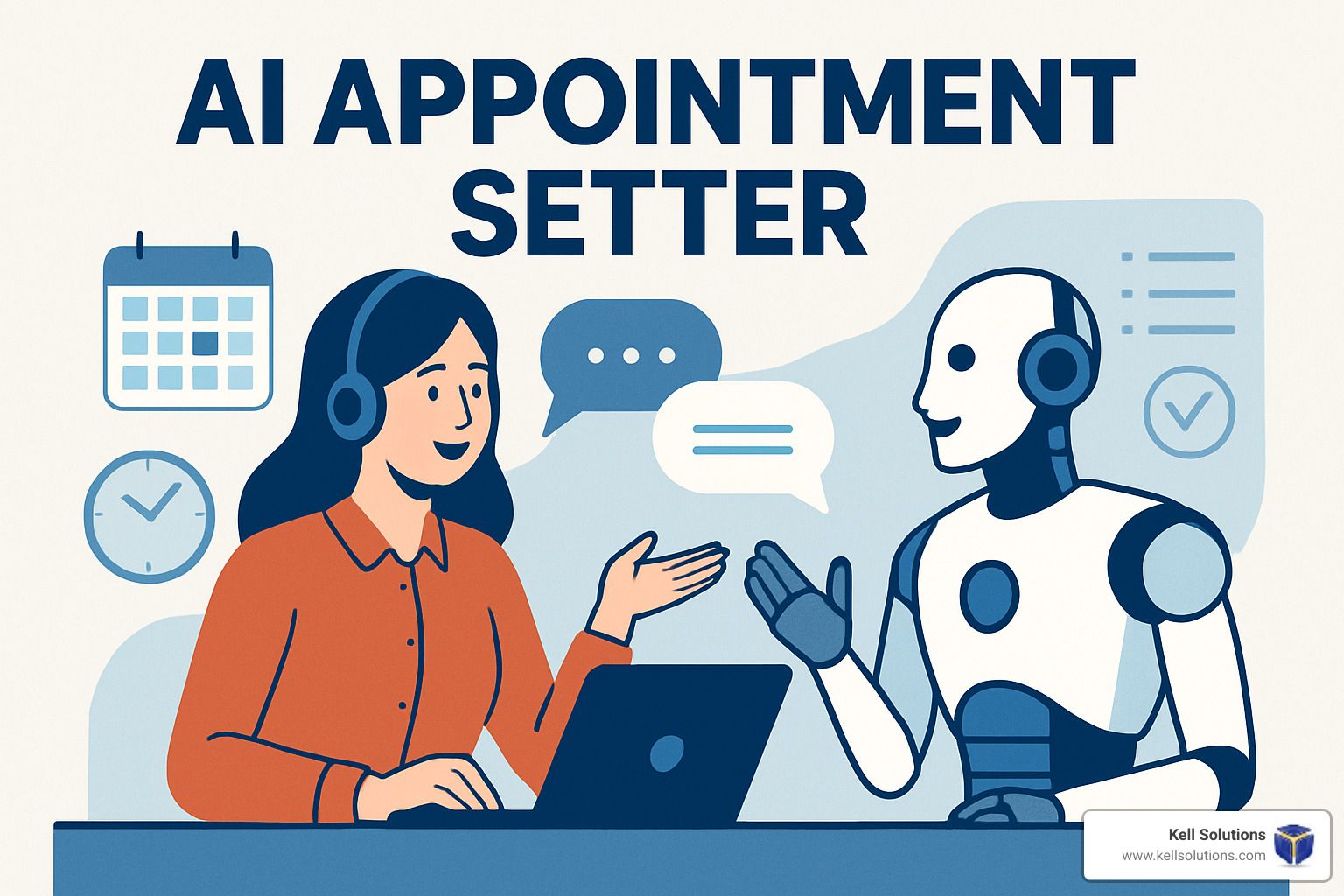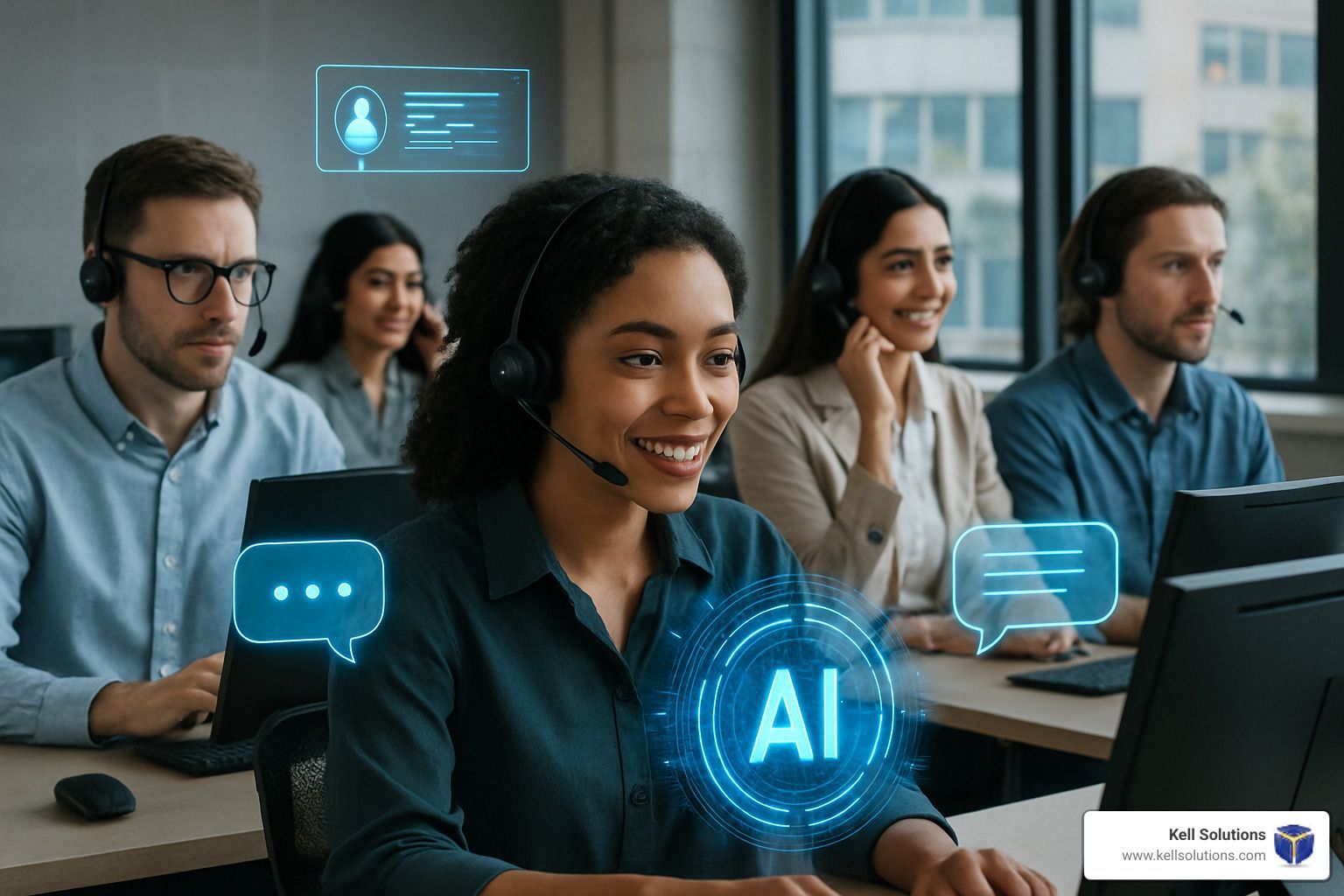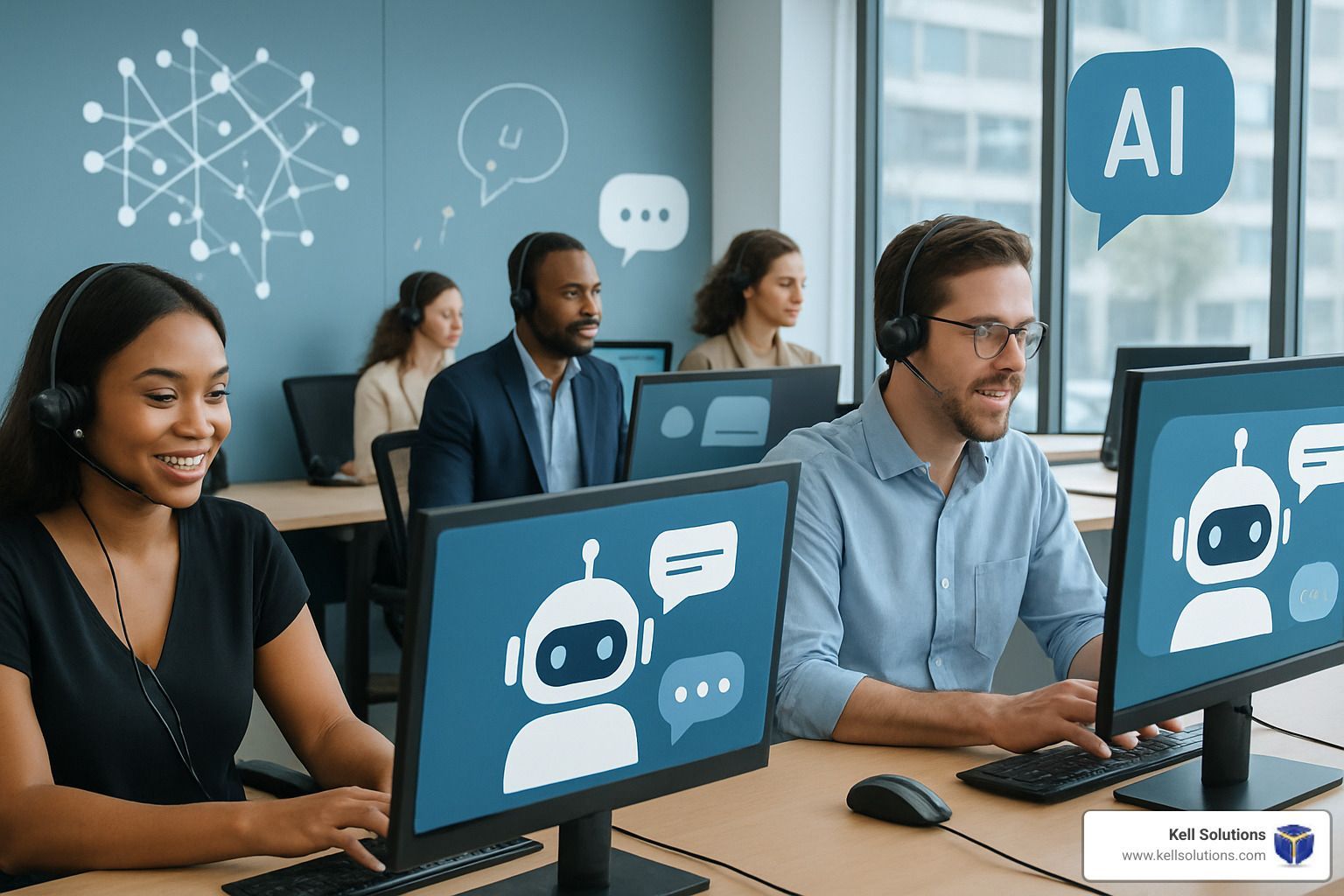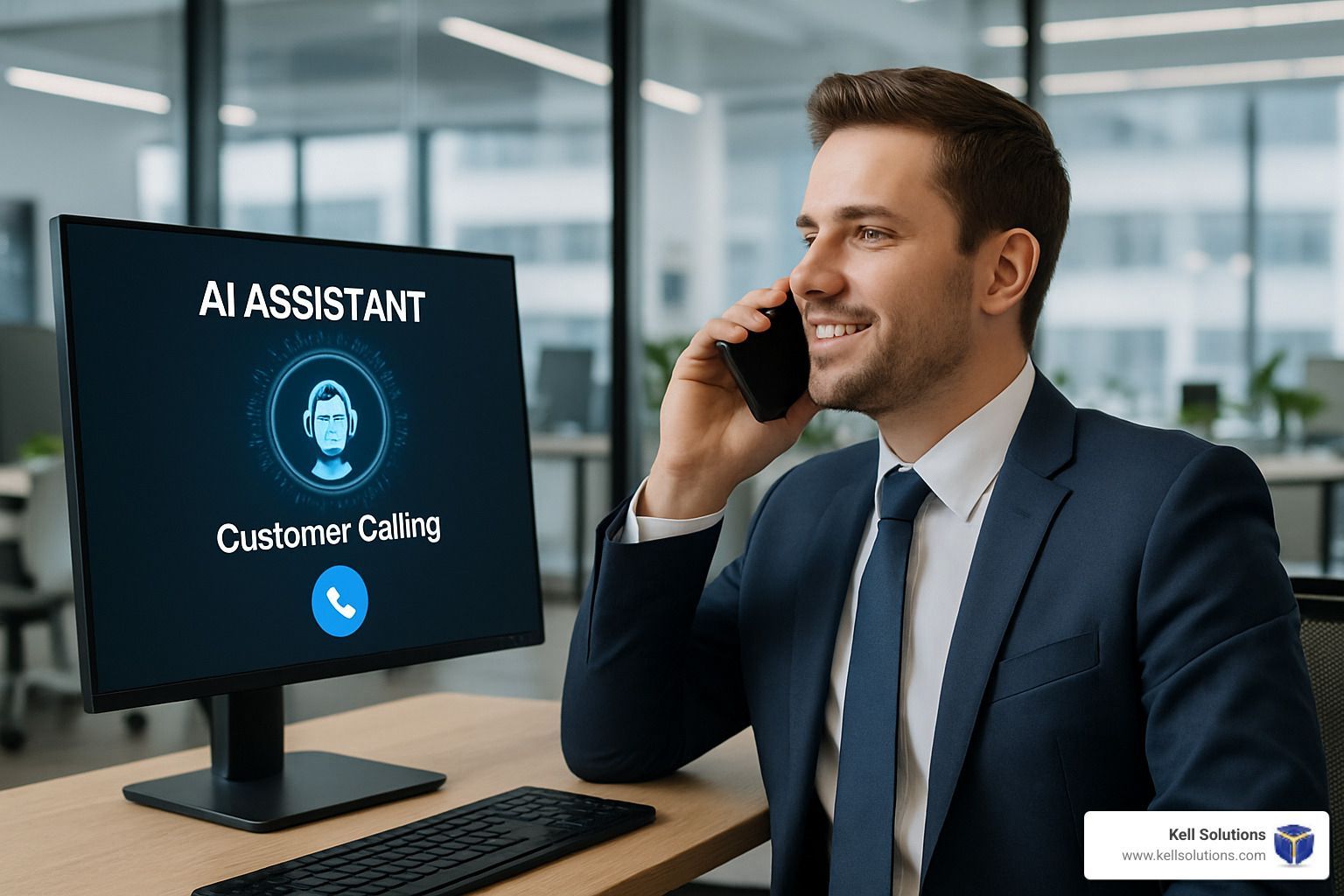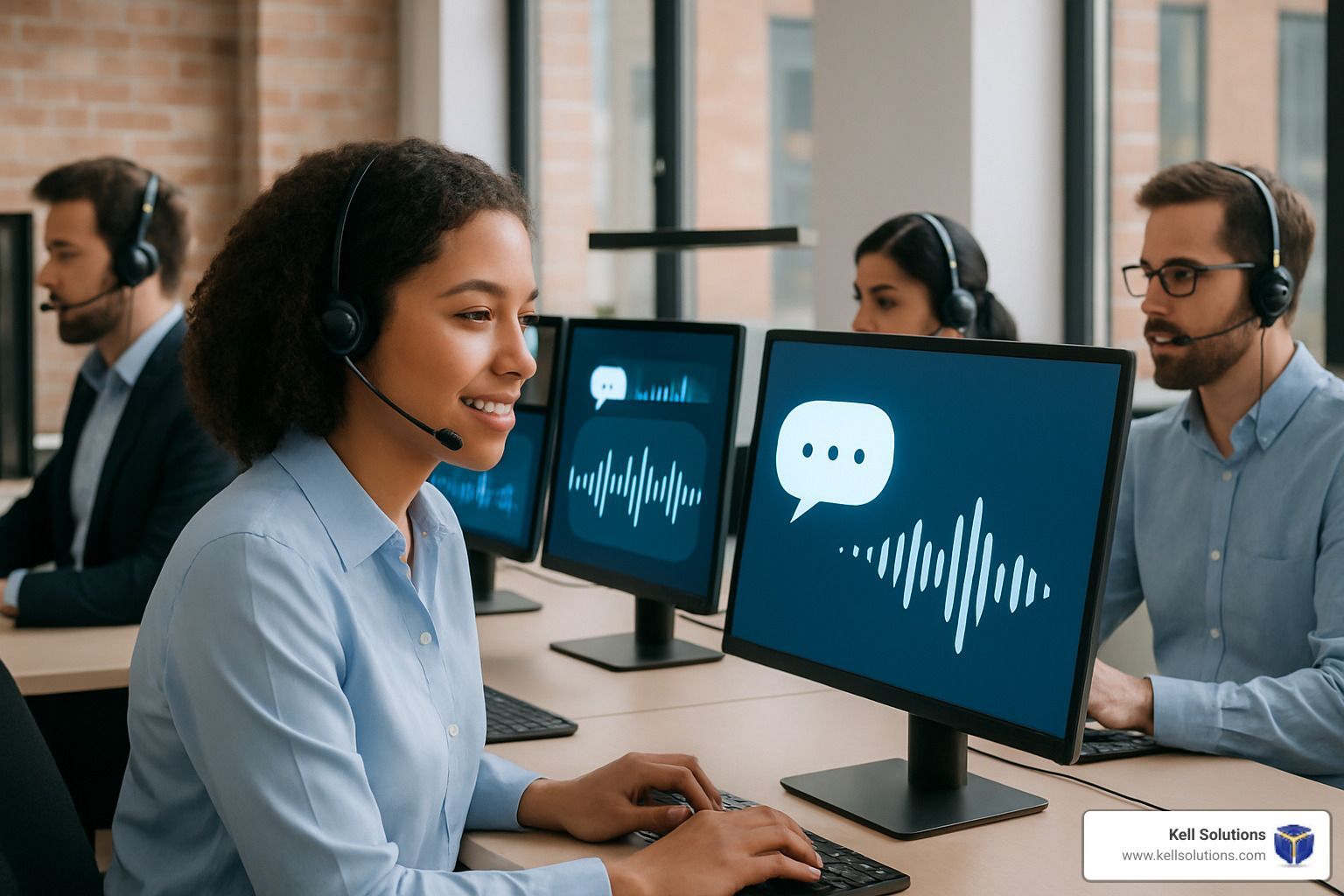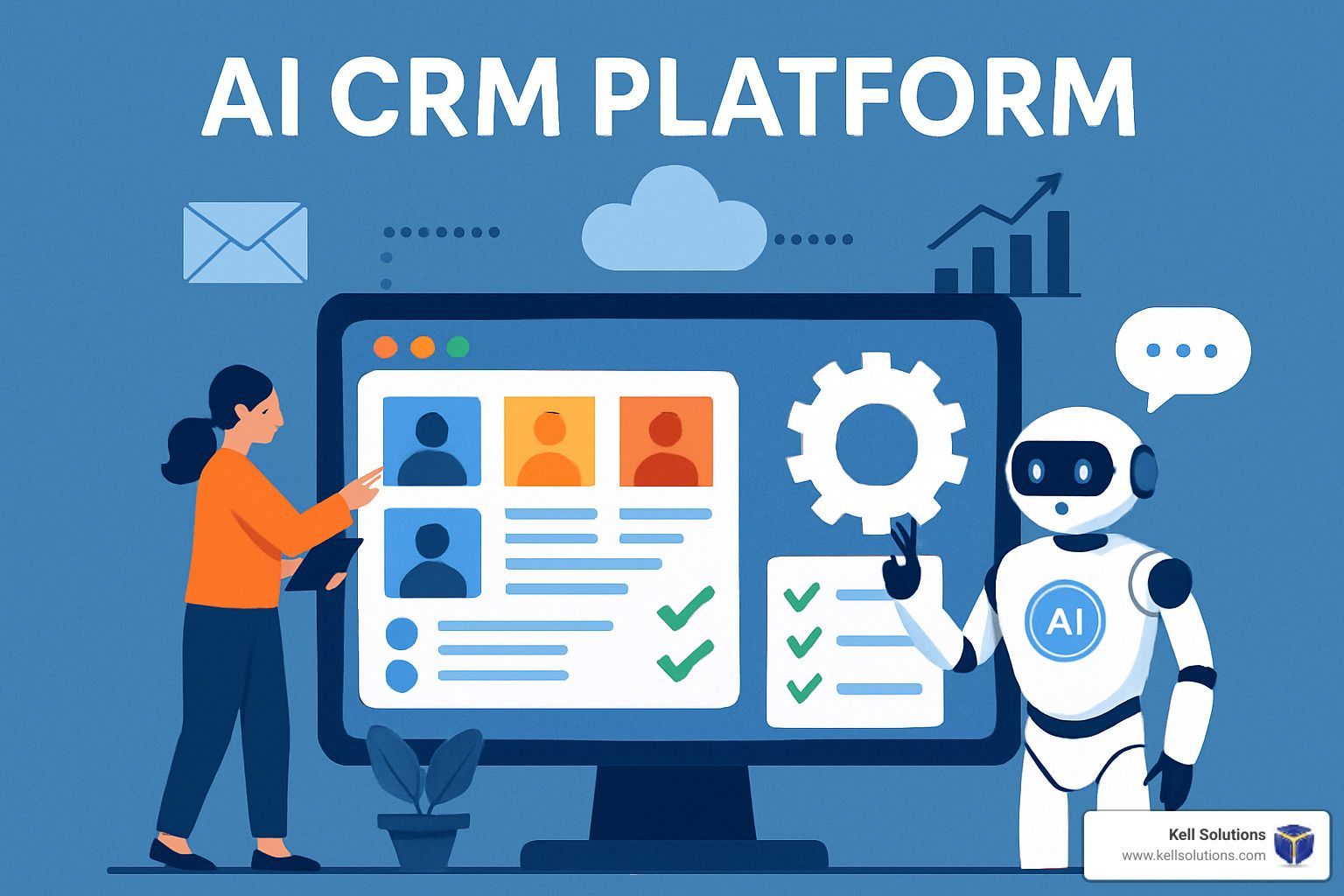Healthy Connections: How Virtual Receptionists Transform Healthcare Practices
The Patient Experience Revolution: Never Miss Another Call
A virtual receptionist for healthcare is a remote professional who handles patient calls, schedules appointments, verifies insurance, and manages administrative tasks without being physically present in your medical office.
Quick Answer: What is a Virtual Receptionist for Healthcare?
| Function | Description |
|---|---|
| Call Handling | Answers all incoming calls professionally with customized greetings |
| Appointment Management | Schedules, confirms, and reschedules patient appointments |
| Insurance Verification | Checks patient coverage and eligibility before appointments |
| Patient Communication | Handles inquiries, provides information, and delivers messages |
| HIPAA Compliance | Ensures all interactions follow healthcare privacy regulations |
| 24/7 Availability | Provides round-the-clock coverage for after-hours calls |
Did you know that almost 9 out of 10 healthcare practices lose business every day because of missed calls? And a staggering 80% of callers will hang up if they reach your voicemail—calling your competitors instead.
The front desk is the heartbeat of your healthcare practice. It's where patient relationships begin, appointments are managed, and critical information flows. But staffing challenges, rising costs, and the need for 24/7 availability have transformed how medical practices handle patient communications.
Virtual receptionists offer a modern solution to these challenges, providing seamless support without the overhead of full-time staff. They serve as the first point of contact for your practice, managing everything from call handling to appointment scheduling and insurance verification.
"A positive patient experience goes a long way toward contributing to the overall success of your medical office." — Healthcare Administration Journal
Unlike traditional answering services that simply take messages, virtual receptionists for healthcare practices function as true extensions of your team, creating personalized experiences for patients while maintaining strict HIPAA compliance.
I'm Gregg Kell, founder of Kell Web Solutions, where I've helped numerous healthcare practices implement virtual receptionist for healthcare solutions that transform patient engagement and streamline operations. My two decades of experience has shown that the right virtual support can dramatically improve both practice efficiency and patient satisfaction.

Why Front-Desk Evolution Matters
Let's face it – the traditional medical front desk is under pressure. Healthcare practices everywhere are feeling the squeeze from staffing shortages and rising costs. Running an in-house reception team has become increasingly challenging for many medical offices to sustain:
The financial reality is eye-opening. When you factor in salary, benefits, training, equipment, and dedicated office space, a single in-house receptionist can cost well over $77,000 annually. That's a significant investment for smaller practices.
What's more concerning is the operational bottleneck this creates. Your dedicated front-desk person – no matter how talented – can only handle one patient or caller at a time. This leads to a frustrating cycle: patients on hold while others wait at the desk, calls going to voicemail during busy periods, and ultimately, potential patients taking their business elsewhere.
"I was losing sleep knowing we were missing calls during lunch breaks or when our receptionist was handling in-person patients," shares Dr. Claire-Marie Bender from her Newport Beach sleep apnea center. "Every missed call potentially meant a patient not getting the care they needed – and yes, revenue walking out the door."
The high turnover rate in front-desk positions compounds these challenges, creating a constant cycle of recruiting, training, and rebuilding patient relationships from scratch.
The Rise of Remote & AI Reception
Healthcare has acceptd digital change across nearly every aspect of practice management – from electronic health records to telemedicine visits. The front desk represents the next logical frontier in this evolution.
Today's virtual receptionist for healthcare solutions leverage powerful technologies that were science fiction just a decade ago:
Cloud telephony systems allow your practice to maintain your existing phone numbers while routing calls to remote reception teams. This means patients still dial your familiar number but receive professional, consistent service regardless of what's happening in your physical office.
The 24/7 availability factor cannot be overstated. Modern practices are finding that offering after-hours appointment booking and basic information services dramatically improves patient satisfaction and retention. With remote and AI reception solutions, your practice never truly closes.
These innovations create a seamless experience where patients feel valued and attended to, whether they're calling at 2 PM or 2 AM. The technology works invisibly in the background, while the human touch remains front and center – exactly where it belongs in healthcare.
Best of all, these solutions scale with your practice, eliminating the need to hire additional staff during growth phases or busy seasons. Your reception capabilities can expand instantly when you need them most.
What Is a Virtual Receptionist for Healthcare?
A virtual receptionist for healthcare is so much more than someone answering your phone remotely. These are specially trained professionals who speak the language of medicine, understand HIPAA inside and out, and genuinely care about your patients' experience.
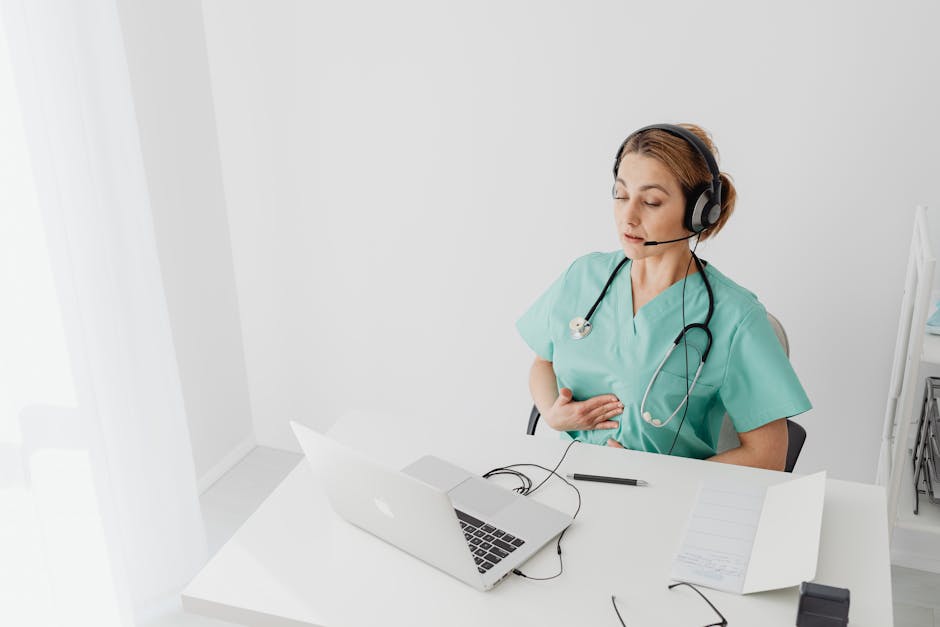
Definition & Core Functions
Think of a virtual medical receptionist as your practice's voice and first impression – just without the physical desk. They perform all the same functions as your in-office staff but do so using specialized technology that integrates seamlessly with your existing systems.
When patients call your practice, they're greeted by a warm, professional voice that represents your healthcare brand. These virtual team members handle everything from answering calls with your customized greeting to scheduling appointments directly in your system. They verify insurance eligibility before visits, assist with patient intake forms, manage prescription refill requests, and route messages to the right staff members.
What truly sets healthcare virtual receptionists apart is their specialized background. Many come from medical environments—some services even employ registered nurses—ensuring they understand complex terminology and the sensitivity required when speaking with patients who may be anxious or in pain.
"Our virtual receptionist knows exactly what to say when a patient calls about their upcoming procedure," shares Dr. Michael, a dermatologist. "That level of understanding puts patients at ease immediately."
Virtual Receptionist vs. Traditional Answering Service
There's often confusion between virtual receptionists and traditional answering services, but the differences are significant:
| Feature | Virtual Receptionist | Traditional Answering Service |
|---|---|---|
| Call Handling | Live, emotionally engaging interactions | Often automated or script-reading only |
| Capabilities | Full appointment scheduling, insurance verification, patient intake | Basic message taking |
| Patient Experience | Feels like an extension of your practice | Clearly separate from your practice |
| Integration | Works directly in your practice management systems | Limited to message delivery |
| Training | Healthcare-specific, often with medical backgrounds | General call center training |
| Availability | Can be dedicated to your practice | Typically shared across many businesses |
| Personalization | Learns your practice workflow and patient needs | Limited customization |
The distinction becomes clear when you hear from real users. As one practice manager in Irvine told us: "With traditional answering services, patients would often hang up frustrated. Our virtual receptionist for healthcare solution has patients convinced they're speaking directly to someone in our office."
Beyond Phone Calls: Omnichannel Support
Today's healthcare communication happens across multiple channels, and modern virtual receptionist for healthcare services have evolved to meet this reality. They now provide comprehensive support wherever your patients prefer to connect.
Your virtual reception team can manage text message appointment confirmations that patients actually respond to. They can handle live website chat for those quick scheduling questions that come in while patients are browsing your services. Email management keeps non-urgent communications flowing smoothly, while patient portal support helps guide patients through your online systems.
This multichannel approach ensures every patient inquiry receives attention, regardless of how they reach out. For busy practices, this means no more missed opportunities or frustrated patients who couldn't get through on the phone.
By embracing a virtual reception solution, you're not just answering calls—you're creating a comprehensive patient communication system that maintains the human touch patients crave while leveraging technology to improve efficiency and accessibility.
How Virtual Medical Receptionists Work & Integrate With Your Practice
Implementing a virtual receptionist for healthcare is remarkably straightforward, especially with today's cloud-based technologies. The goal is to create a seamless experience where patients never realize they're speaking with someone outside your physical office.
Onboarding Checklist
Getting started with a virtual receptionist typically follows these steps:
- Workflow mapping- Document your current front-desk processes, including how calls are handled, appointments scheduled, and messages routed
- Script creation- Develop customized greetings and responses that match your practice's tone and protocols
- System access setup- Provide secure access to necessary scheduling and practice management systems
- Call flow configuration- Determine how calls will be routed (all calls vs. overflow only, direct vs. transferred)
- Training session- Brief the virtual reception team on your practice specialties, common questions, and special instructions
- Test period- Run a short trial to ensure everything works as expected
- Go-live- Fully implement the service with ongoing optimization
Most practices in our Southern California network report being fully operational with their virtual receptionist within 1-2 weeks of starting the process.
Tech Stack & Security
The technology behind virtual reception is sophisticated yet user-friendly. Here's what makes it work:
- VoIP technology enables calls to display with your local area code, creating a seamless experience for patients
- Conditional call forwarding allows you to keep your existing phone number and only forward calls when needed
- TLS encryption and secure connections protect patient information during transmission
- Audit logs track all interactions for compliance and quality assurance
- Role-based access controls limit information access to only what's necessary
HIPAA compliance is non-negotiable for healthcare practices, and reputable virtual receptionist services maintain strict security protocols, including:
- Secure facilities with controlled access
- Regular security audits and vulnerability testing
- Background checks for all staff
- Comprehensive HIPAA training and certification
- Business Associate Agreements (BAAs) to formalize compliance responsibilities
For more detailed guidance on maintaining data security in healthcare settings, the Information Commissioner's Office provides comprehensive resources that align with best practices for virtual reception services.
Handling Scheduling, Insurance & Inquiries
One of the most valuable aspects of a virtual receptionist for healthcare is their ability to handle complex tasks that would otherwise consume your in-house staff's time:
Appointment Scheduling:
- Direct access to your calendar system
- Real-time availability checking
- Appointment type matching based on symptoms or needs
- Automated confirmations and reminders
- Rescheduling and cancellation management
Insurance Verification:
- Checking eligibility before appointments
- Verifying coverage for specific procedures
- Explaining basic benefits information to patients
- Documenting insurance information in your system
Patient Inquiries:
- Answering common questions using your approved responses
- Routing clinical questions to appropriate staff
- Managing prescription refill requests
- Providing directions and office information
- Explaining preparation instructions for procedures
These capabilities free your in-office staff to focus on the patients physically present in your practice, improving both efficiency and the quality of care.
More info about AI Receptionist
Benefits & ROI of a Virtual Receptionist for Healthcare
The numbers tell a compelling story: implementing a virtual receptionist for healthcare transforms both your bottom line and patient satisfaction. Practices throughout Orange County and Los Angeles consistently report dramatic improvements across all aspects of their operations after making the switch.
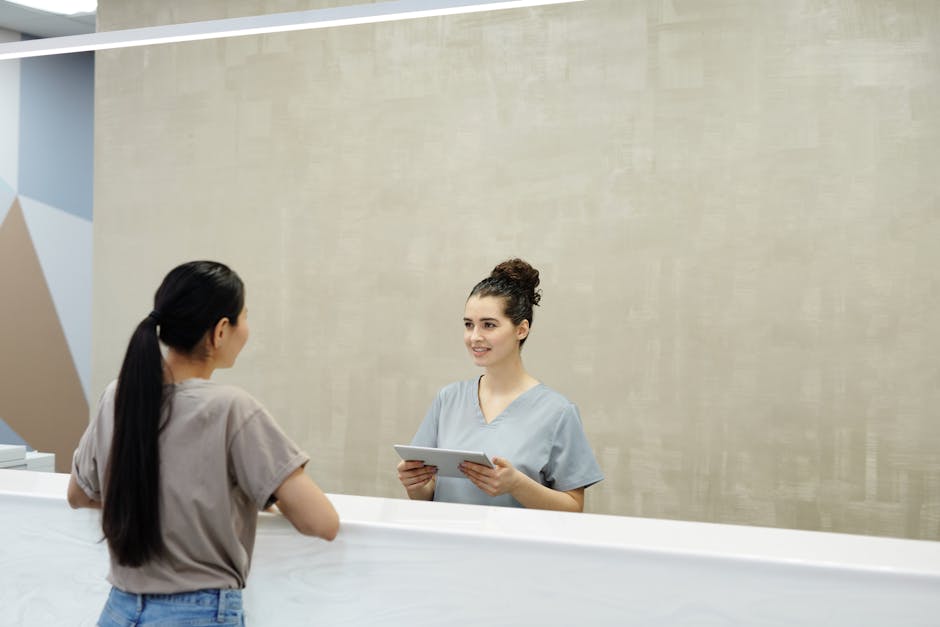
Financial Impact & Cost Comparison
Let's talk dollars and sense. The financial advantages of virtual reception are impossible to ignore.
When you consider that a typical in-house medical receptionist in Southern California commands a base salary between $35,000-$45,000 annually—before adding benefits, taxes, training costs, and management time—the total expense often balloons to $60,000-$80,000 per year. And that doesn't account for productivity losses from turnover, sick days, and vacations.
Practices using virtual receptionists have slashed their front office costs by up to 65%. With no additional office space needed, no equipment to purchase, and no benefits to provide, the savings add up quickly. You'll pay only for the coverage you actually use, with the flexibility to scale up during your busiest periods.
Beyond direct cost savings, there's the revenue protection aspect. Appointment reminders and confirmations typically reduce no-shows by 30-40%—keeping your schedule full and productive. You can offer extended hours without paying overtime, and many services can even assist with payment collection and balance reminders, improving your cash flow.
Patient Experience & Satisfaction Boost
The impact on patient satisfaction is equally impressive and often becomes the unexpected benefit that practice managers rave about.
"Our patients comment on how responsive we've become since implementing virtual reception," shared one Santa Monica dermatologist. "They're impressed that they can reach us anytime and get immediate assistance."
With multiple virtual receptionist for healthcare professionals handling calls simultaneously, your patients experience dramatically reduced hold times. The 24/7 availability means they never wait for callbacks, creating a consistent experience where every interaction follows your established protocols, regardless of when they call.
Most inquiries achieve first-call resolution, as trained virtual receptionists can handle common questions immediately. For practices in diverse communities, the availability of multilingual support removes communication barriers that might otherwise frustrate patients.
According to research published by U.S. News & World Report , caller abandonment rates can reach up to 67% when patients are placed on hold for extended periods. This translates directly to lost appointments and revenue that virtual reception services can help recapture.
After-Hours, Weekend & Holiday Coverage
Perhaps the most transformative benefit is breaking free from the limitations of business hours without burning out your staff.
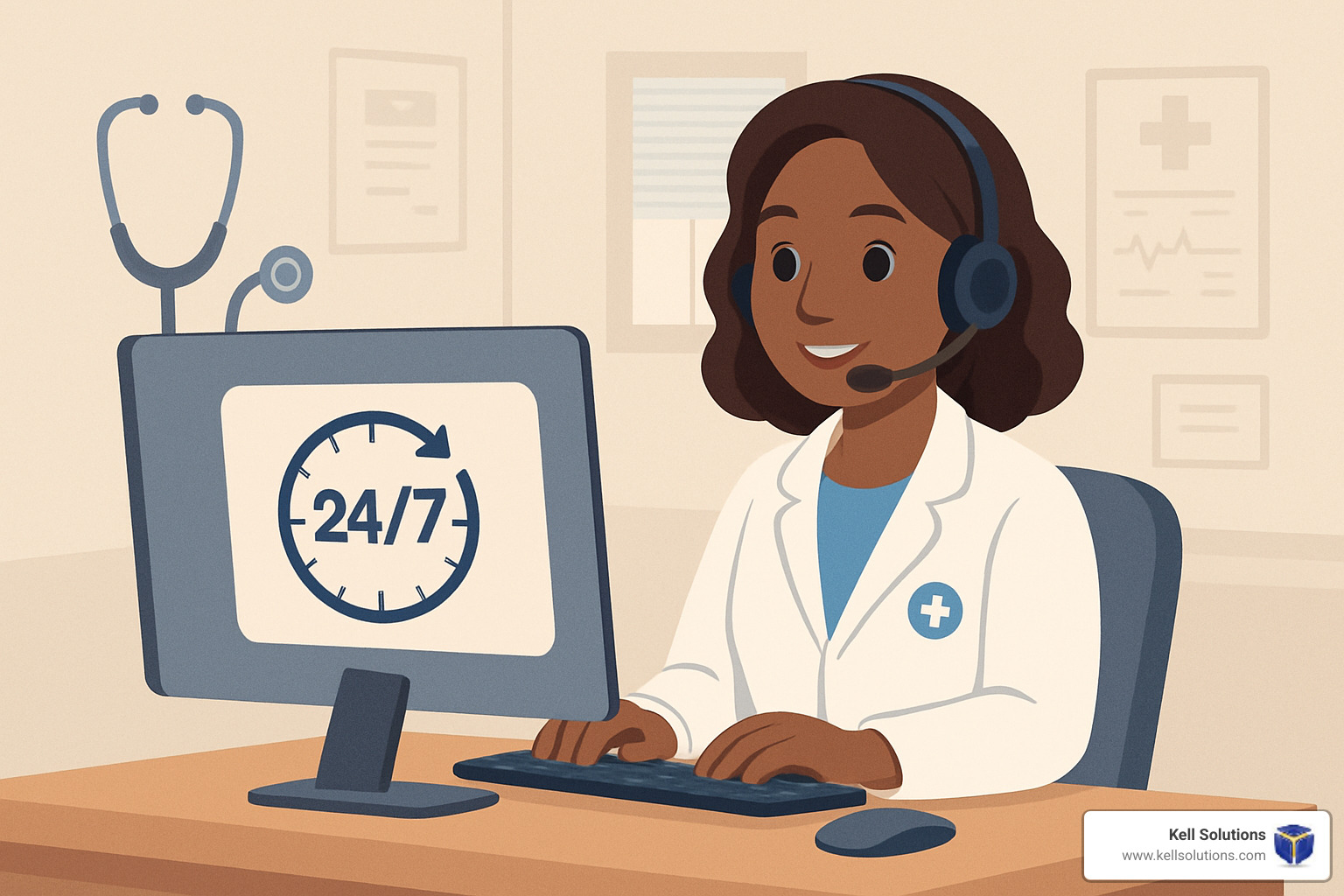
True 24/7 availability ensures no patient call goes unanswered, while holiday coverage maintains service levels even when your physical office is closed. Emergency situations receive proper triage, with urgent calls routed appropriately based on your protocols. Weekend scheduling captures new patients who can only call outside traditional business hours—a particular advantage in competitive markets like Los Angeles and Orange County, where patient convenience expectations continue to rise.
The peace of mind that comes from knowing every patient call receives professional attention—whether at 2 PM or 2 AM—creates a foundation for practice growth that simply isn't possible with traditional staffing models.
For practices looking to provide exceptional service during non-traditional hours, our After Hours Answering Service offers specialized solutions that keep you connected to patients around the clock.
Choosing Between Human & AI Virtual Receptionists
The landscape of virtual receptionist for healthcare has evolved dramatically, now offering two distinct approaches: human virtual receptionists and AI-powered voice agents. Each brings unique advantages to healthcare practices, and understanding their differences is key to making the right choice for your patients and staff.
Human Receptionists: Pros & Cons
There's something undeniably reassuring about the human touch, especially in healthcare. Human virtual receptionists bring warmth and adaptability that many patients appreciate.
Human receptionists excel at emotional intelligence – they can hear the worry in a parent's voice when scheduling an urgent pediatric appointment or offer compassion to someone calling about a sensitive health concern. They're remarkably adaptable, handling unexpected questions or complex scheduling scenarios with natural ease. For patients who call regularly, human receptionists can build genuine relationships, remembering personal details that make callers feel valued.
However, human solutions do have limitations. They typically cost more than AI alternatives, and even with a team, they can still be overwhelmed during high-volume periods. Training takes time, and you might notice slight inconsistencies between different receptionists. While 24/7 human reception services exist, they often come at a premium price point.
"We initially chose human virtual receptionists for our geriatric practice," shares Dr. Michael Hernandez from Costa Mesa. "Our elderly patients appreciated speaking with someone who could patiently work through complex scheduling needs and insurance questions."
Human receptionists tend to be ideal for practices with complex scheduling requirements, predominantly elderly patient populations, or specialties requiring significant emotional sensitivity – mental health practices, oncology centers, or hospice care services often fall into this category.
AI Receptionists: Pros & Cons
AI-powered virtual receptionist for healthcare solutions have made remarkable advances, creating interactions so natural that many callers never realize they're speaking with an automated system.
The most compelling advantage of AI receptionists is their tireless consistency – they're available 24/7/365 without fatigue, providing the exact same high-quality experience at 3 AM as they do at 3 PM. They scale effortlessly to handle any call volume, whether it's five calls or five hundred. For data-driven practices, AI solutions provide detailed analytics on call patterns, common questions, and patient behaviors.
From a financial perspective, AI receptionists typically offer more predictable and lower costs than human alternatives. They never call in sick, request time off, or quit unexpectedly – providing stability that many practice managers find invaluable.
The technology isn't perfect, though. While advancing rapidly, AI may still struggle with highly complex conversations or unusual accents. The emotional intelligence, while impressive, doesn't yet match human empathy. Some patients, particularly older ones, may simply prefer speaking with a person. And like any technology, proper setup and optimization are essential for success.

Our VoiceGenie AI solution represents the cutting edge of this technology, with natural-sounding voices and sophisticated conversation capabilities that create seamless patient experiences.
Ensuring Continuity & Specialty Fit
Whether you choose human receptionists, AI solutions, or a hybrid approach, continuity and specialty-specific knowledge remain essential for success.
With human virtual receptionists, request dedicated agents who consistently work with your practice. This consistency allows them to develop familiarity with your patients and protocols. Invest time in thorough training on your specialty's terminology and procedures – the way a dermatology practice schedules appointments differs significantly from an orthopedic practice.
For AI virtual receptionists, customization is key. Take time to program specialty-specific terminology, create custom workflows for common procedures, and implement appropriate screening questions. The best AI systems learn and improve over time, becoming increasingly specialized to your practice.
Different specialties have unique reception requirements that should shape your decision:
Dermatology practices often need specific appointment matching based on conditions – is it a routine skin check, acne treatment, or a concerning mole?
Plastic surgery practices require extra sensitivity around cosmetic procedures, financing options, and privacy concerns.
General practice offices need efficient triage protocols to determine urgency and appropriate appointment length.
Mental health providers have additional privacy considerations and variable appointment durations that must be carefully managed.
"Our plastic surgery practice uses a hybrid approach," explains practice manager Sarah Winters from Newport Beach. "Our AI handles routine appointments and information requests, while our human team manages sensitive consultations and complex financial discussions."
The best virtual receptionist for healthcare solutions adapt to these specialty-specific requirements, ensuring patients receive appropriate care regardless of your practice type.
VoiceGenie AI: Changing Medical Reception
Frequently Asked Questions about Virtual Receptionist for Healthcare
How do virtual receptionists stay HIPAA-compliant?
When it comes to healthcare, patient privacy isn't just important—it's the law. That's why virtual receptionist for healthcare providers build compliance into every aspect of their operation.
Think of HIPAA compliance as a multi-layered shield protecting your patients' information. The foundation starts with secure technology—encrypted communications, protected data centers, and strictly controlled access systems that keep sensitive information safe. On top of this technical foundation, every virtual receptionist completes comprehensive HIPAA certification and receives regular updates on compliance requirements.
"The most important thing we look for in any healthcare partner is their approach to patient privacy," shares Dr. Michael Reston, a family physician in Orange County. "Our virtual reception team treats patient information with the same care we do in the office."
The formal relationship is solidified through Business Associate Agreements (BAAs) that clearly establish HIPAA obligations and responsibilities. These agreements aren't just paperwork—they're binding commitments to maintain the highest standards of patient privacy.
Day-to-day operations follow the "minimum necessary" principle, where receptionists only access the specific information needed to perform their functions. Every interaction is logged in detailed audit trails, creating accountability and transparency throughout the process.
When your practice needs to share information, it happens through secure messaging channels specifically designed to protect patient information. And to ensure nothing slips through the cracks, regular compliance audits verify that all security measures remain effective.
What does onboarding typically cost & how long does it take?
Getting started with a virtual receptionist for healthcare is surprisingly straightforward and efficient. Most practices are pleasantly surprised by both the timeline and investment required.
The typical journey from decision to full implementation takes just 1-2 weeks for most medical practices. This process begins with an initial training session where you'll share your protocols and preferences—usually requiring only 1-3 hours of your team's time. This investment upfront pays dividends in ensuring your virtual reception team understands exactly how you want calls handled.
"I was worried about the setup process taking too much time away from patient care," admits Dr. Sarah Chen, a dermatologist in Newport Beach. "But it was actually quite efficient. We spent about two hours going through our protocols, and within a week, everything was running smoothly."
As for costs, good news: many quality providers, including Kell Solutions, have eliminated setup fees entirely, making the initial investment much more accessible. Instead, you'll typically pay a predictable monthly subscription based on your practice's specific needs.
It's worth noting that while the basic setup happens quickly, most practices experience a 30-60 day optimization period as the service learns the nuances of your practice. During this time, you'll provide feedback and refinements that help your virtual receptionist team or AI system better serve your unique patient population.
Can I keep the same receptionist for consistency?
Consistency matters in healthcare—patients appreciate familiar voices and procedures that make them feel at home. The good news is that consistency is absolutely achievable with virtual reception, whether you choose human receptionists or AI solutions.
With human virtual receptionist for healthcare services, many providers offer dedicated receptionists assigned specifically to your practice. This means the same person or small team (typically 2-3 people) handles your calls, becoming increasingly familiar with your practice's unique needs over time. If you find that certain receptionists connect especially well with your patients, you can often request that they be prioritized for your account.
"Our patients have actually developed relationships with our virtual receptionists," says Dr. James Wilson, who runs a busy family practice in Irvine. "They ask for them by name, which creates a wonderful sense of continuity."
If you opt for an AI virtual receptionist, consistency comes built-in. The same AI voice and personality handles every call, providing identical quality and knowledge across all interactions. When you make improvements or customizations to your AI receptionist, they're immediately applied to every call—no retraining or variation between different team members.
This consistency is particularly valued by practices in upscale communities like Laguna Beach and Newport Beach, where patient expectations for service quality are exceptionally high. Many of our clients report that their patients don't realize they're speaking with virtual staff—the ultimate testament to seamless integration.

Conclusion
The healthcare landscape continues to evolve rapidly, with patient expectations for accessibility, convenience, and responsiveness higher than ever. A virtual receptionist for healthcare represents one of the most impactful investments a practice can make to meet these expectations while controlling costs.
Whether you choose a human virtual receptionist, an AI-powered solution like VoiceGenie AI, or a hybrid approach, the benefits are clear and transformative. Your practice will never miss another patient call or opportunity, significantly reducing the administrative burden that often weighs down your clinical staff.
Imagine offering your patients true 24/7 availability without the crushing staffing costs that would normally entail. Many of our healthcare clients report not just improved patient satisfaction scores, but genuine patient delight at the responsiveness and attention they receive. And as your practice grows, your virtual reception capabilities can seamlessly scale alongside you.
At Kell Solutions, we've partnered with healthcare practices throughout Southern California—from busy San Diego clinics to boutique Los Angeles specialists—to transform their patient experience through virtual reception. The results speak for themselves: streamlined operations, happier patients, and substantial cost savings compared to the traditional staffing model that so many practices struggle to maintain.

The question isn't whether your practice can afford a virtual receptionist for healthcare —it's whether you can afford to continue without one in today's competitive healthcare environment. Every missed call represents not just a lost opportunity, but potentially a patient who needed your care and couldn't reach you.
Ready to explore how a virtual receptionist could transform your healthcare practice? The difference is something you really need to experience firsthand. Your patients deserve the best possible communication experience, and your staff deserves the support to focus on what they do best—providing excellent care.
Request Your Free VoiceGenie AI Demo
📚 About the Author
Gregg Kell is a seasoned digital marketing strategist and founder of Kell Web Solutions, Inc., helping professional service firms grow through innovative AI-powered solutions like VoiceGenie AI. With over 20 years of experience in web development, lead generation, and business automation, Gregg is passionate about helping small businesses maximize growth and profitability through cutting-edge technologies.
When he's not helping businesses boost their bottom line, Gregg enjoys life by the beach in Laguna Beach, California, with his wife Debbie, celebrating over 40 years of marriage and entrepreneurial trips.
👉 Explore More from Gregg:
VoiceGenie AI Demo
Missed Call ROI Calculator
VoiceGenie AI Pricing
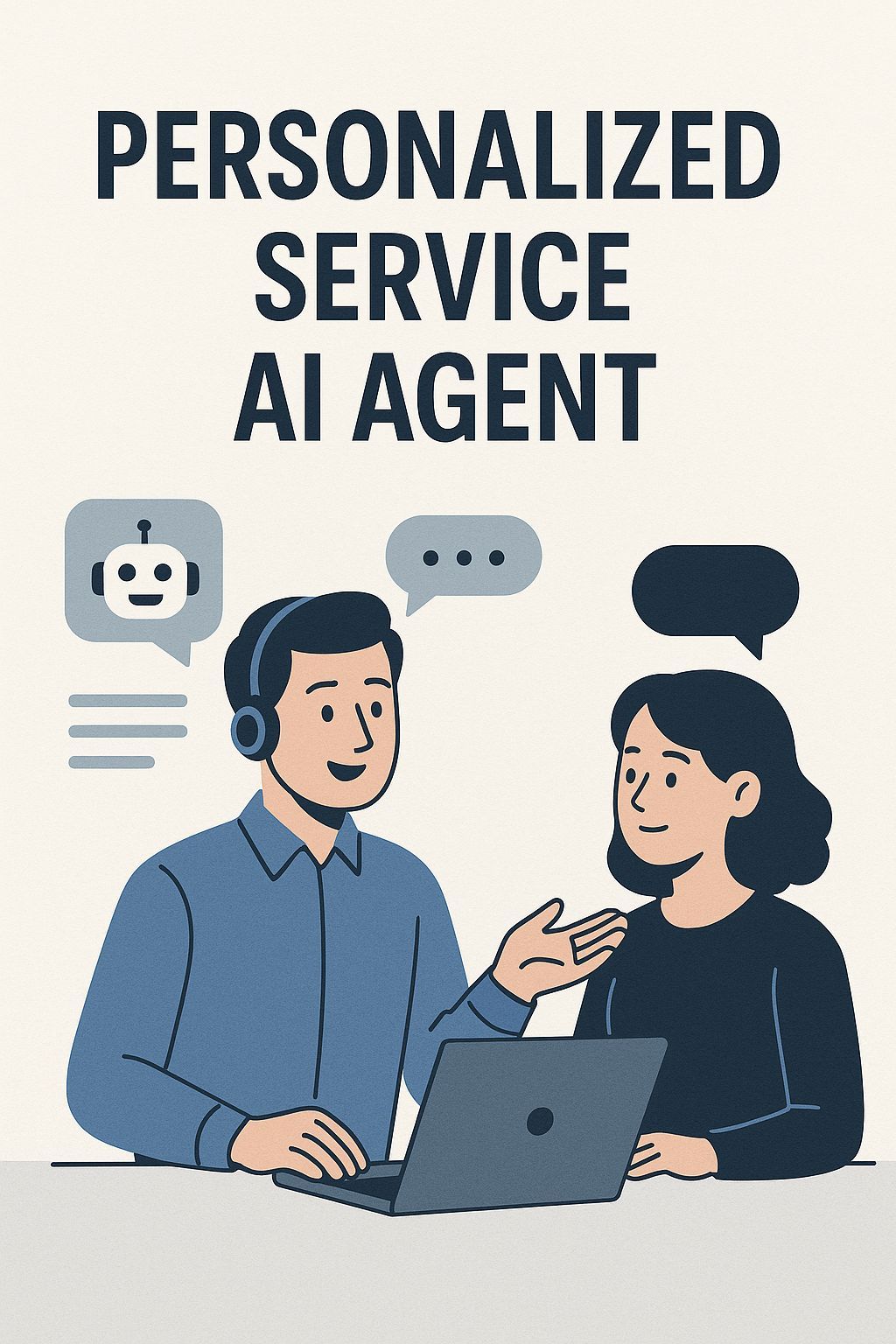

Orange County HVAC Google AI Overview Domination: 7 Proven Strategies to Capture Featured AI Results
